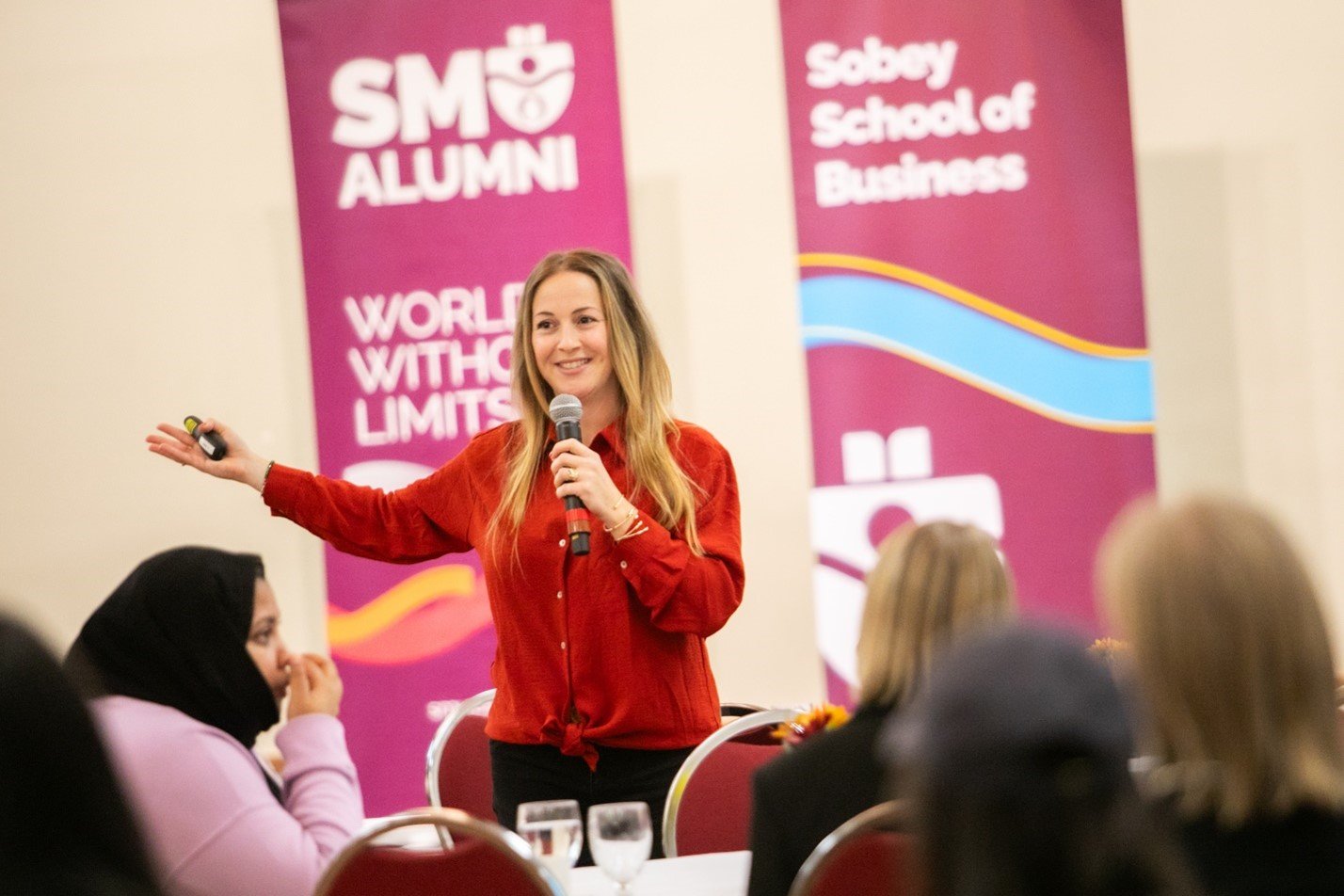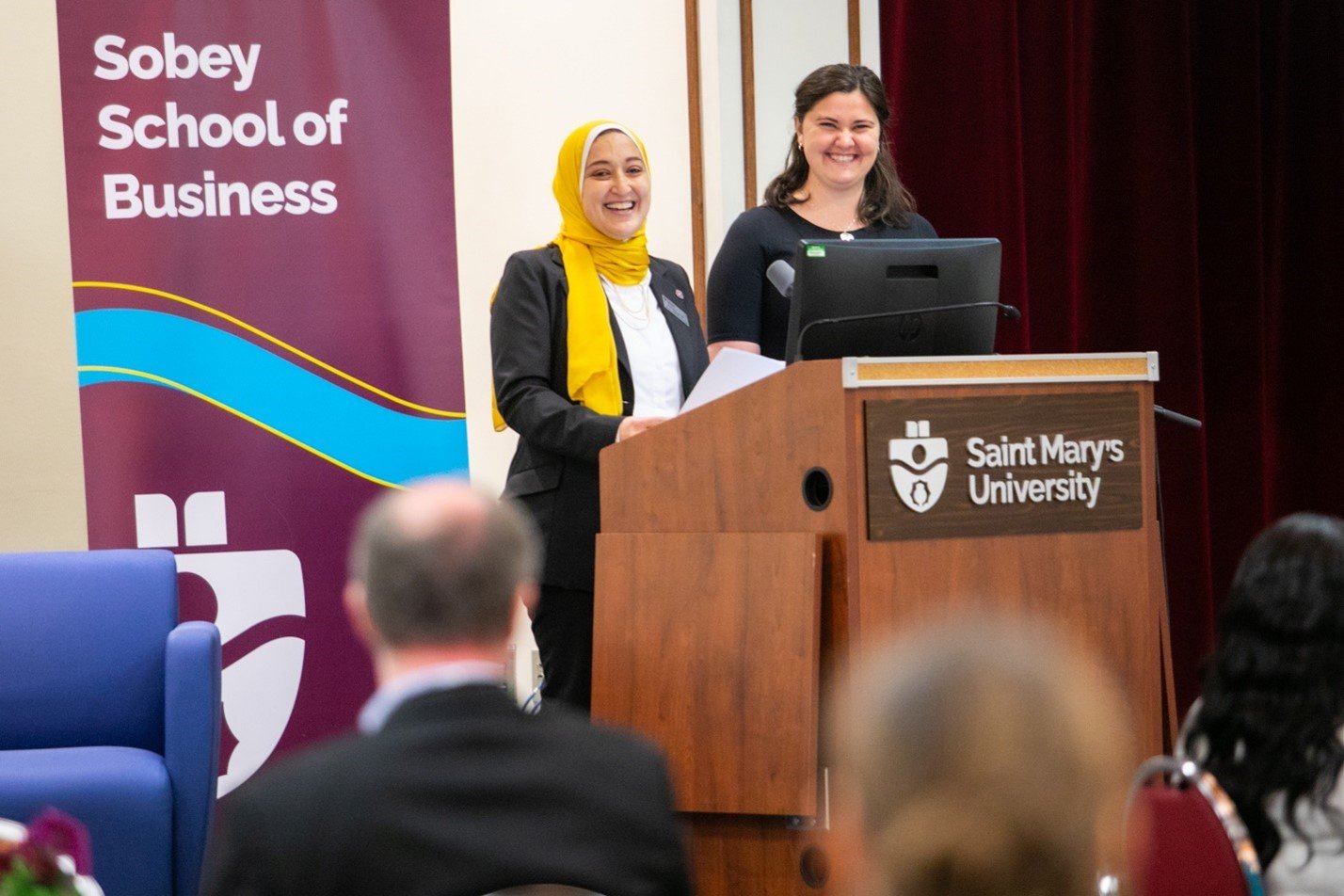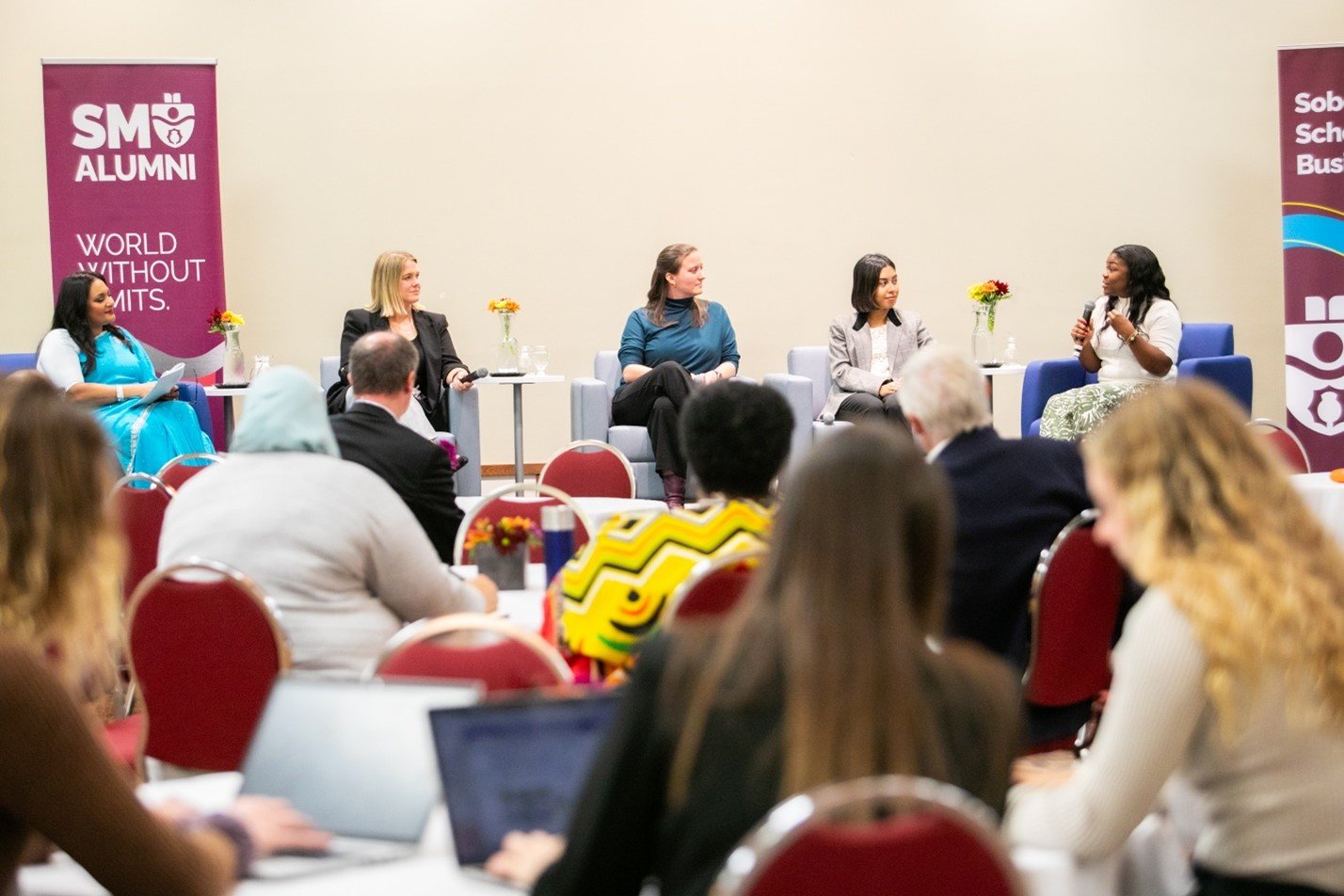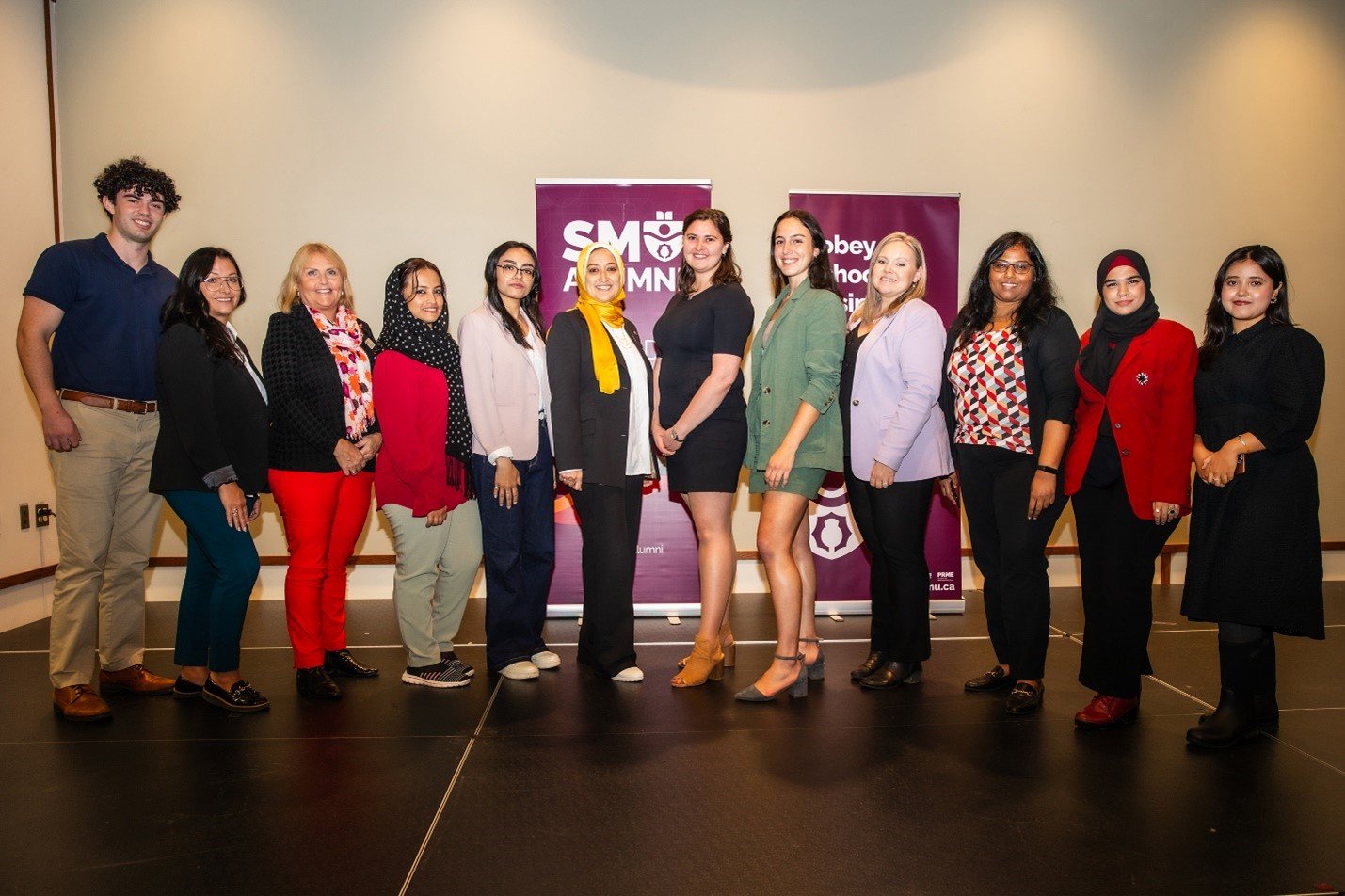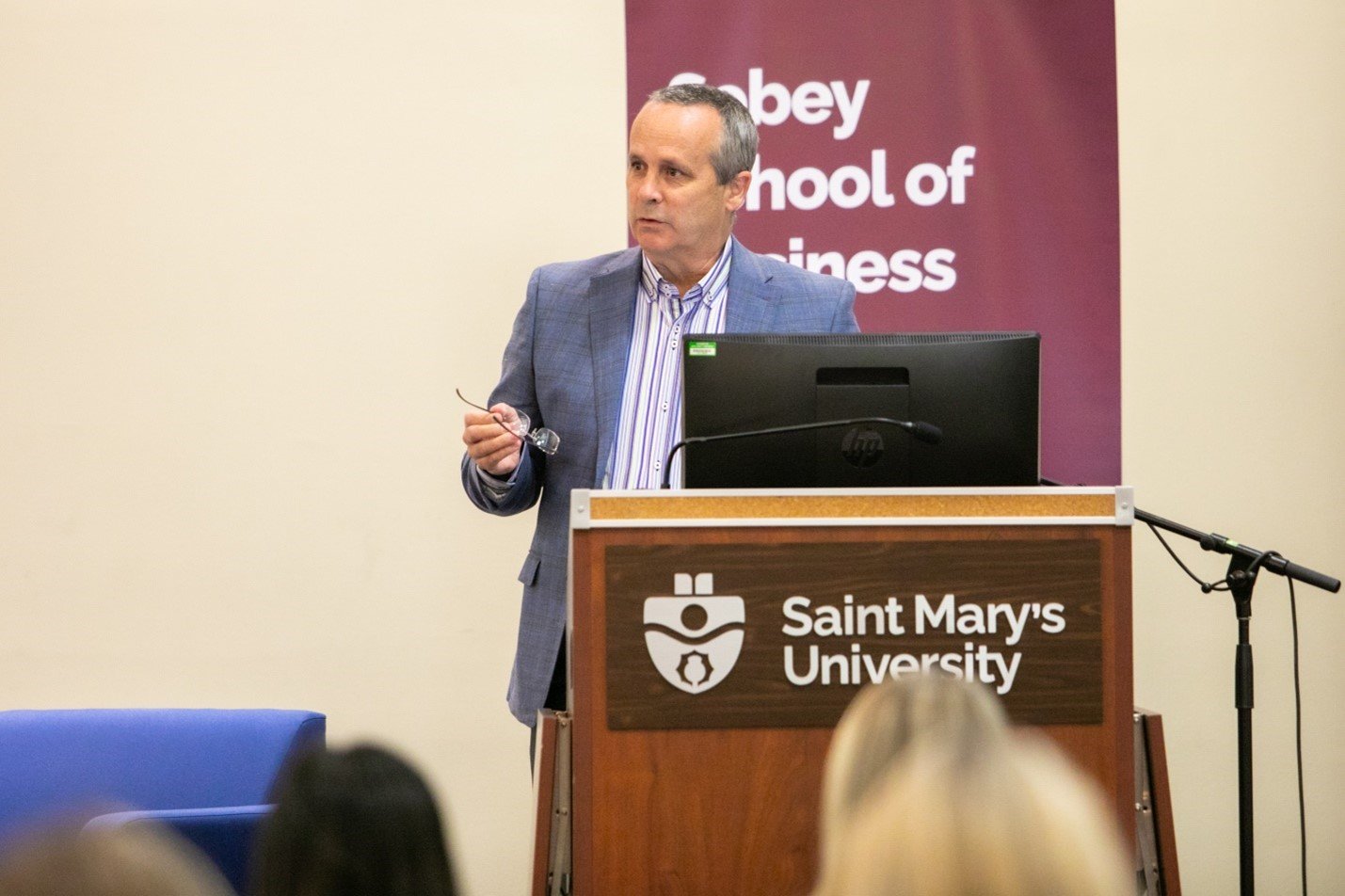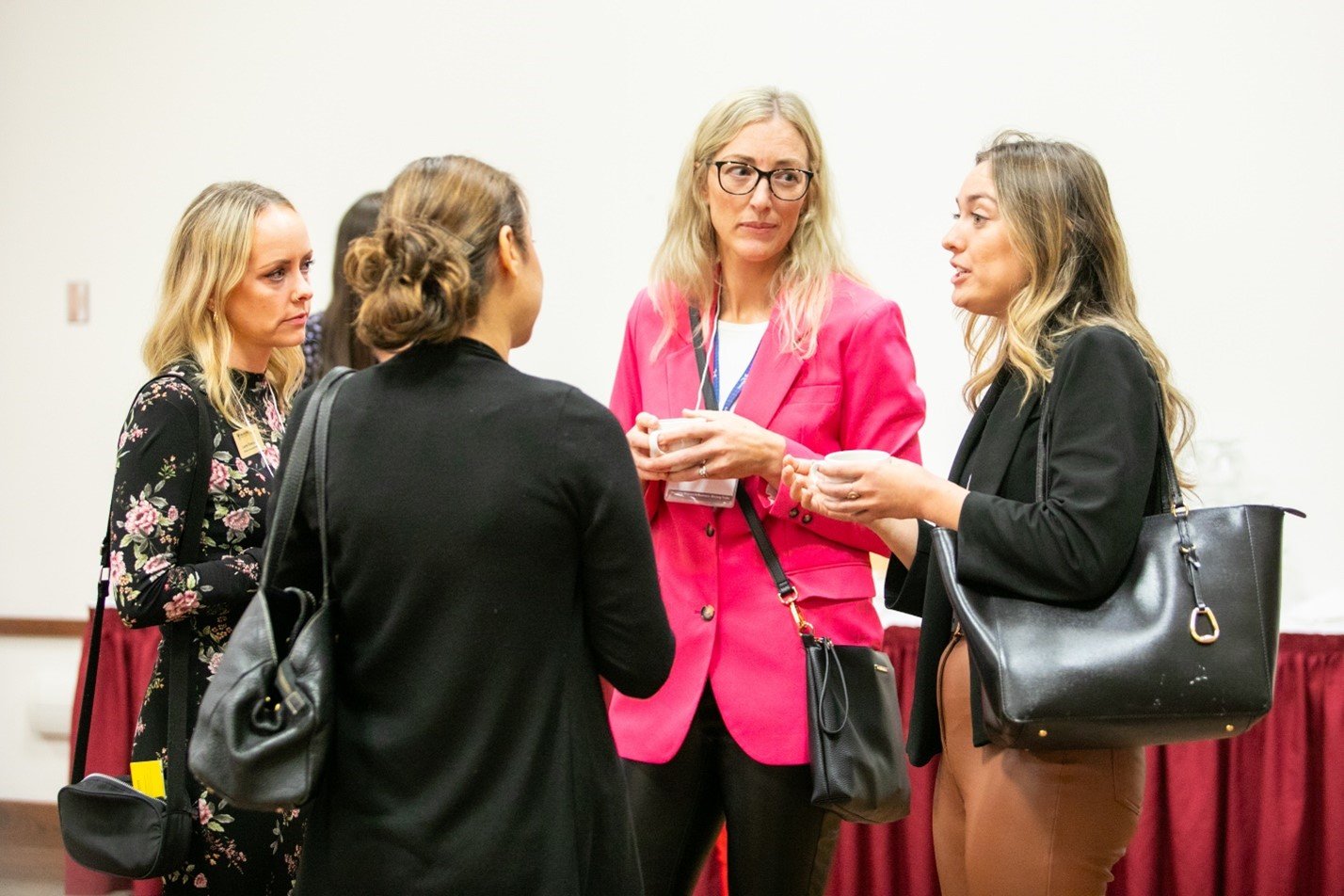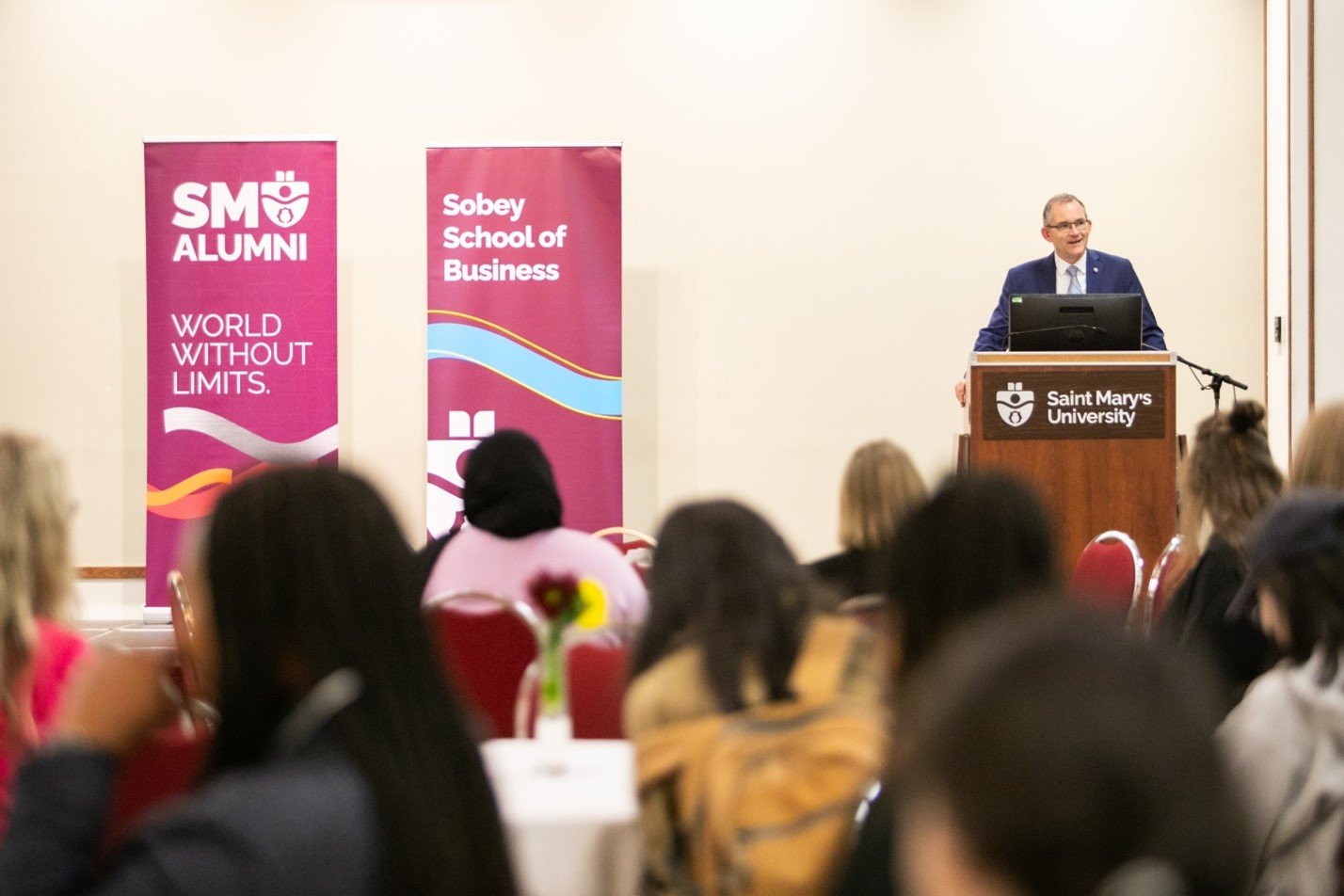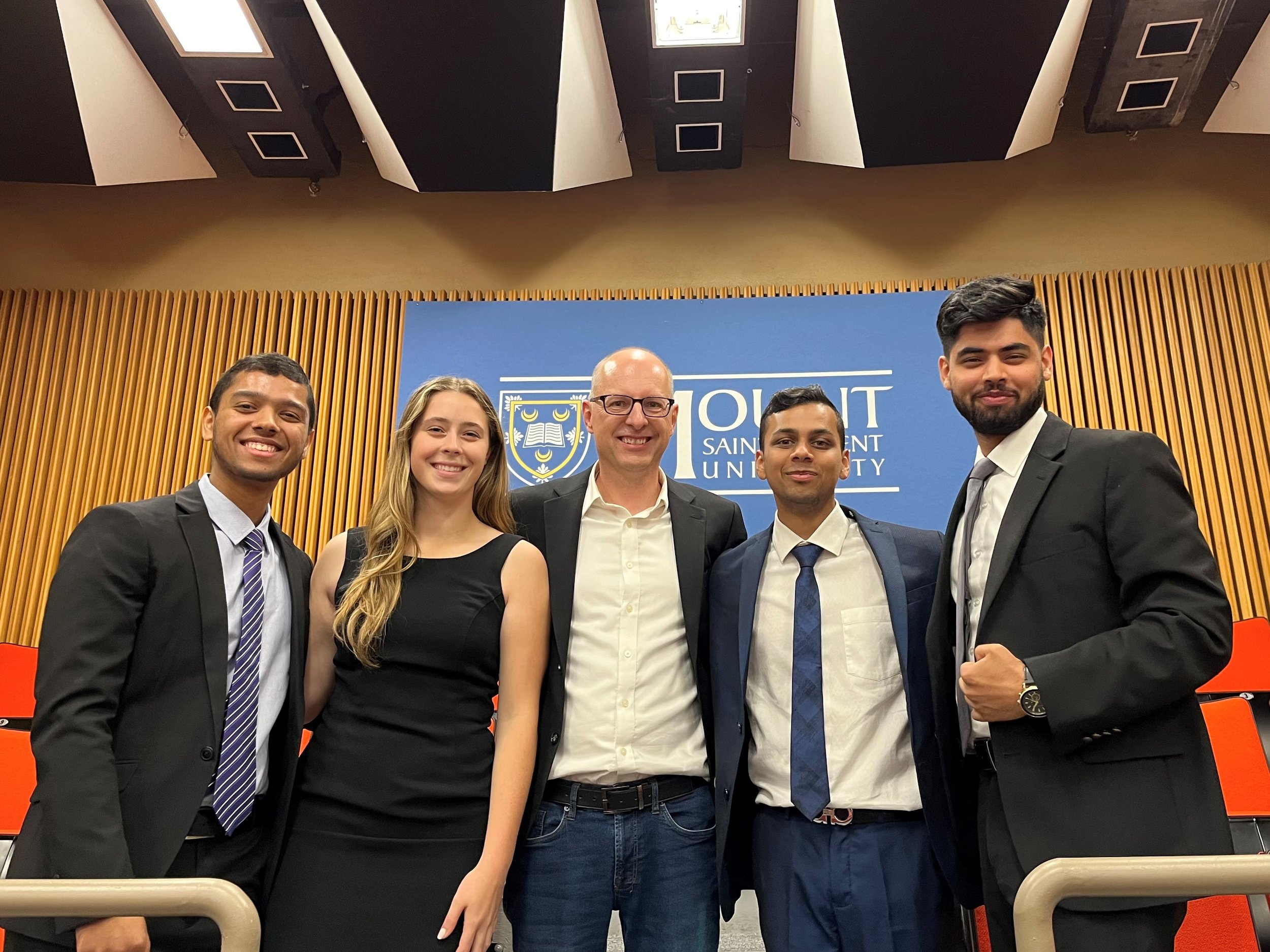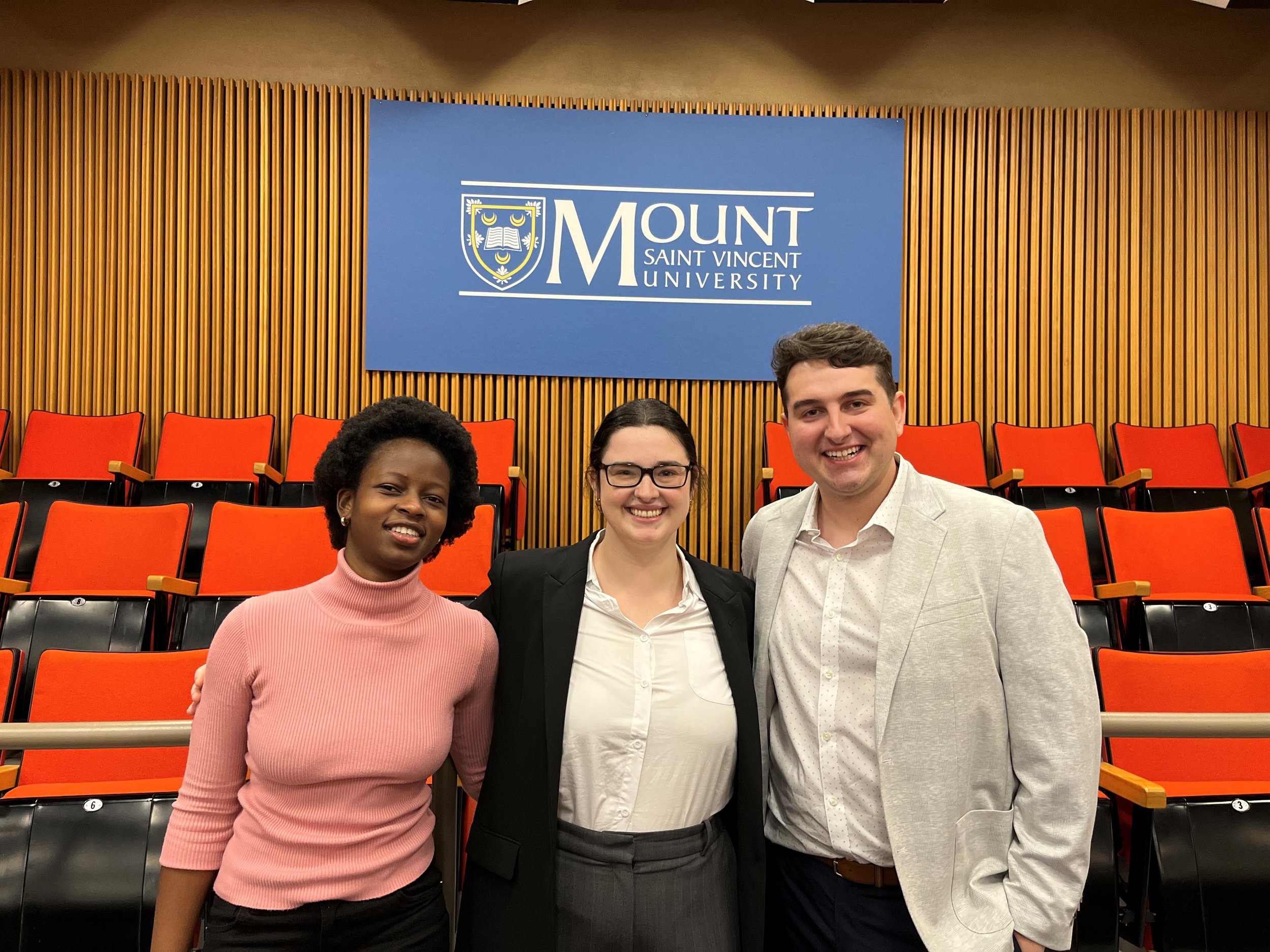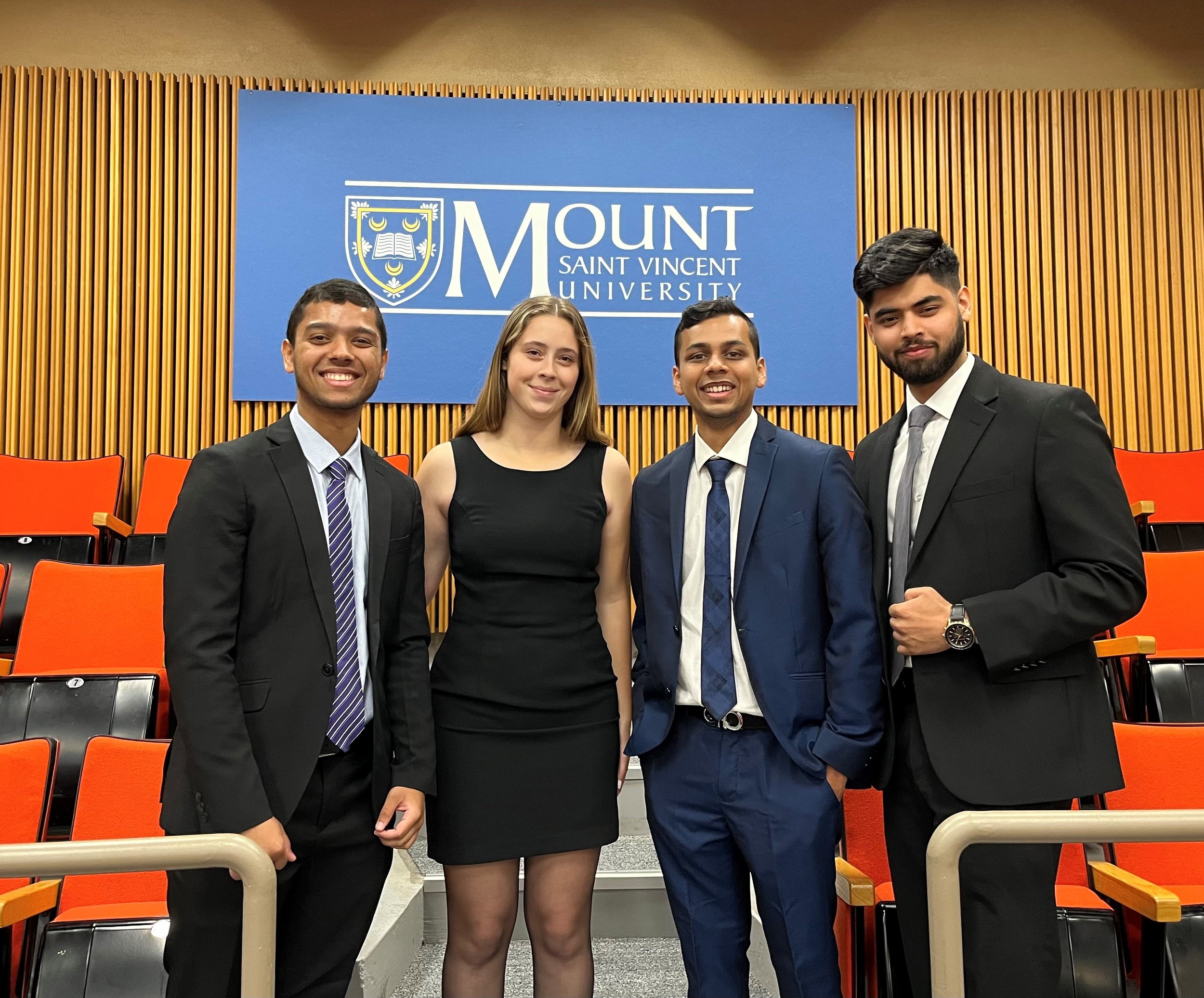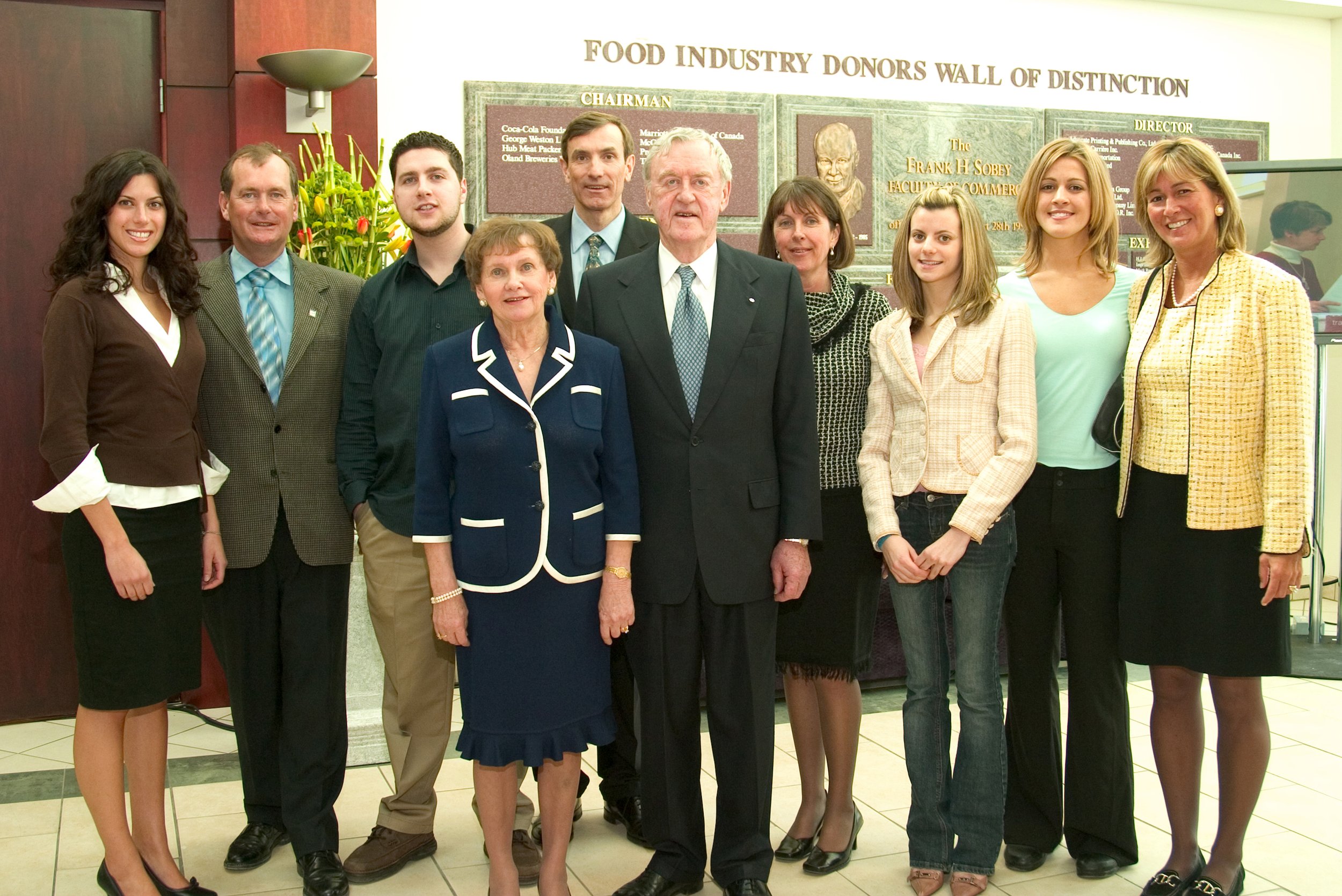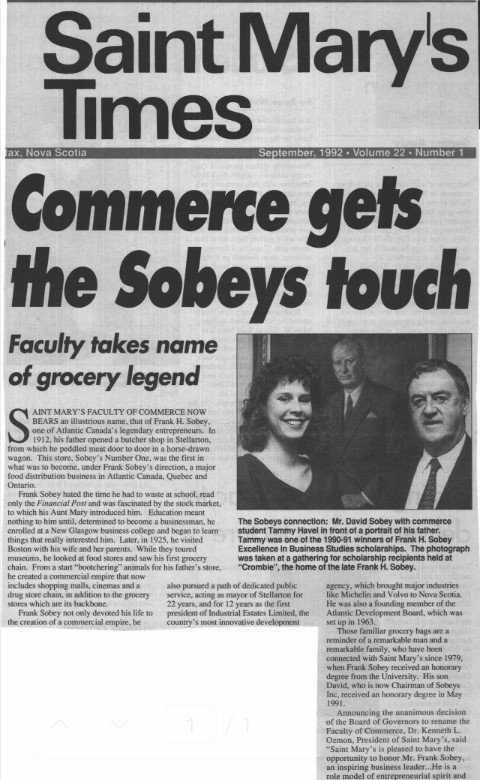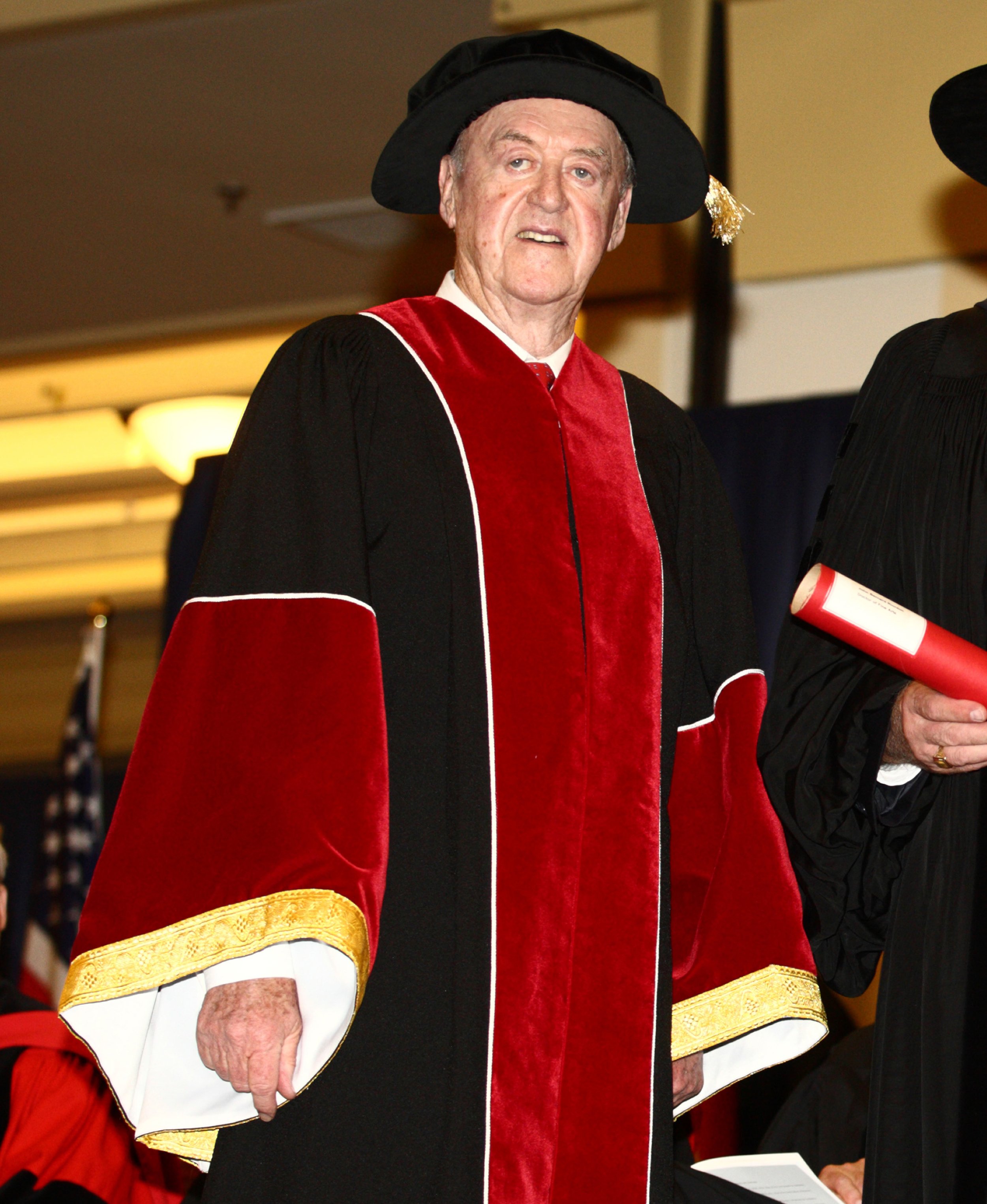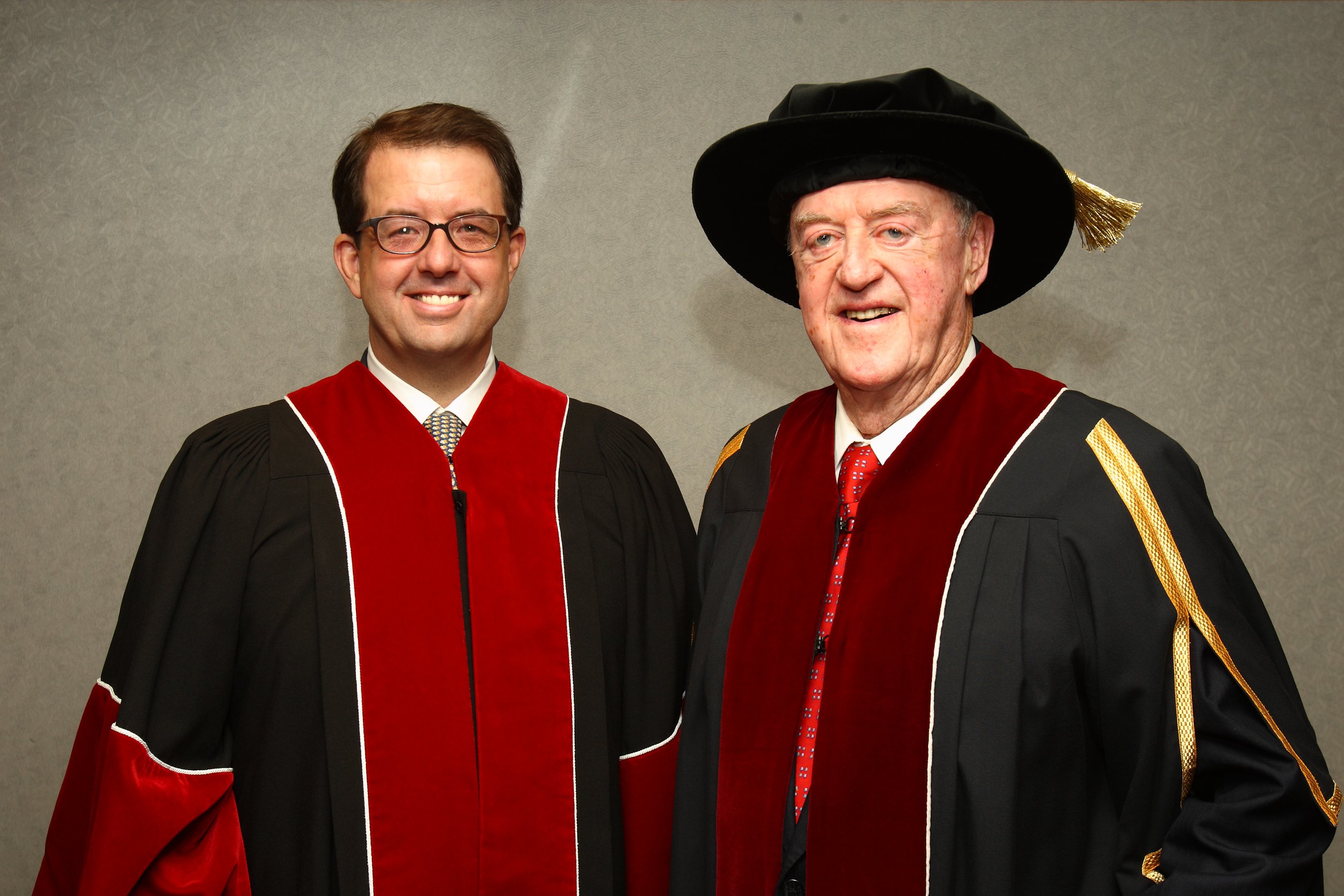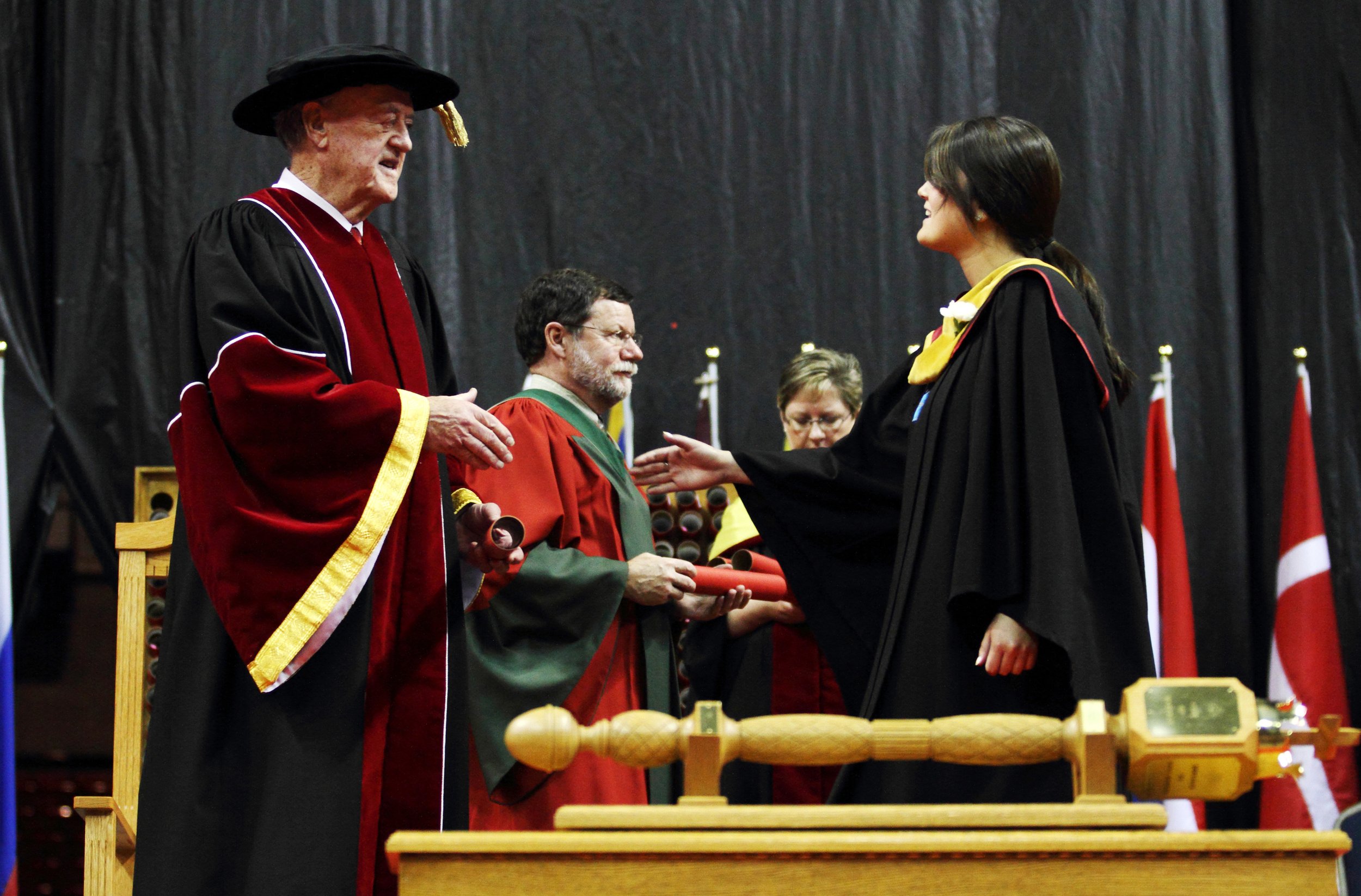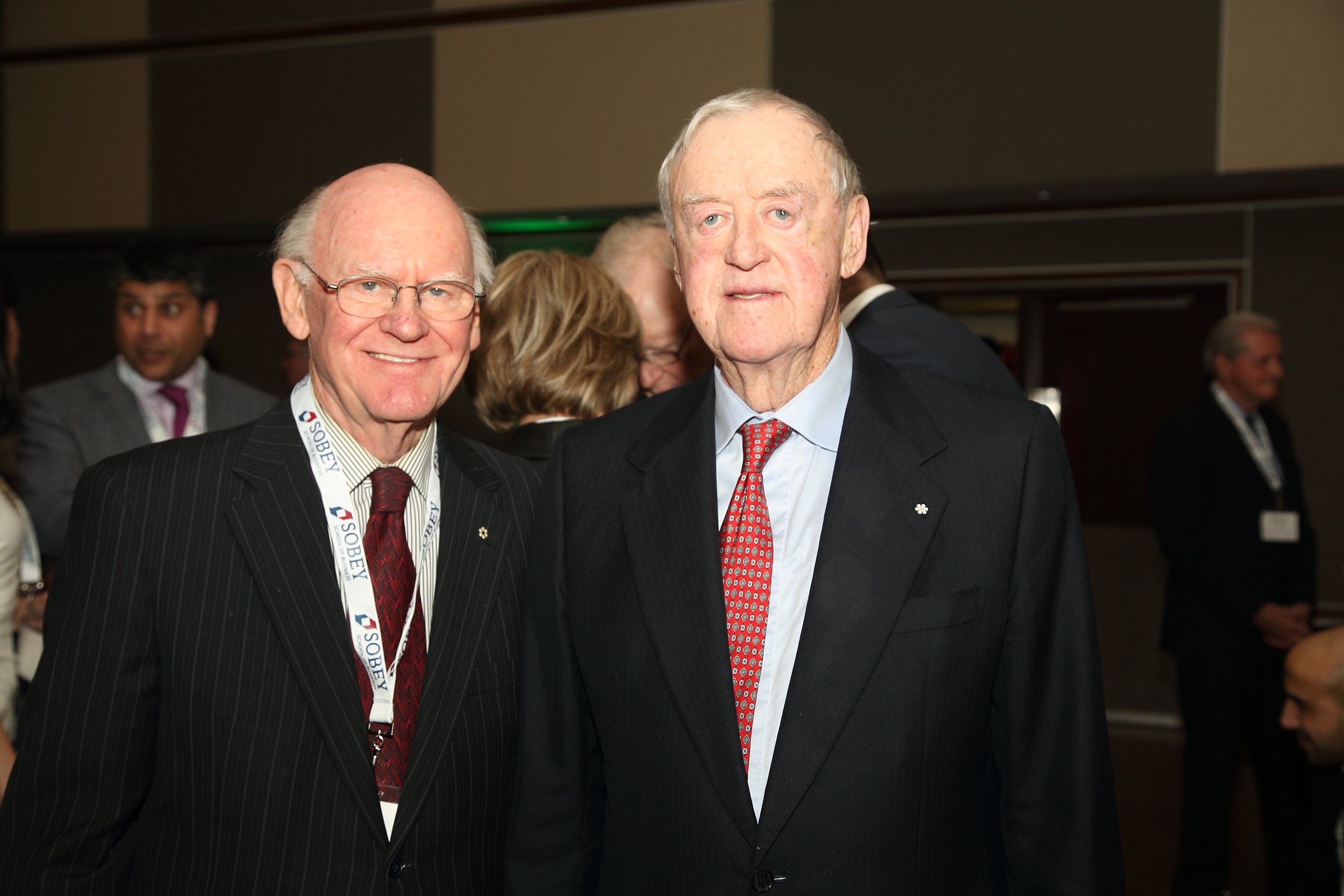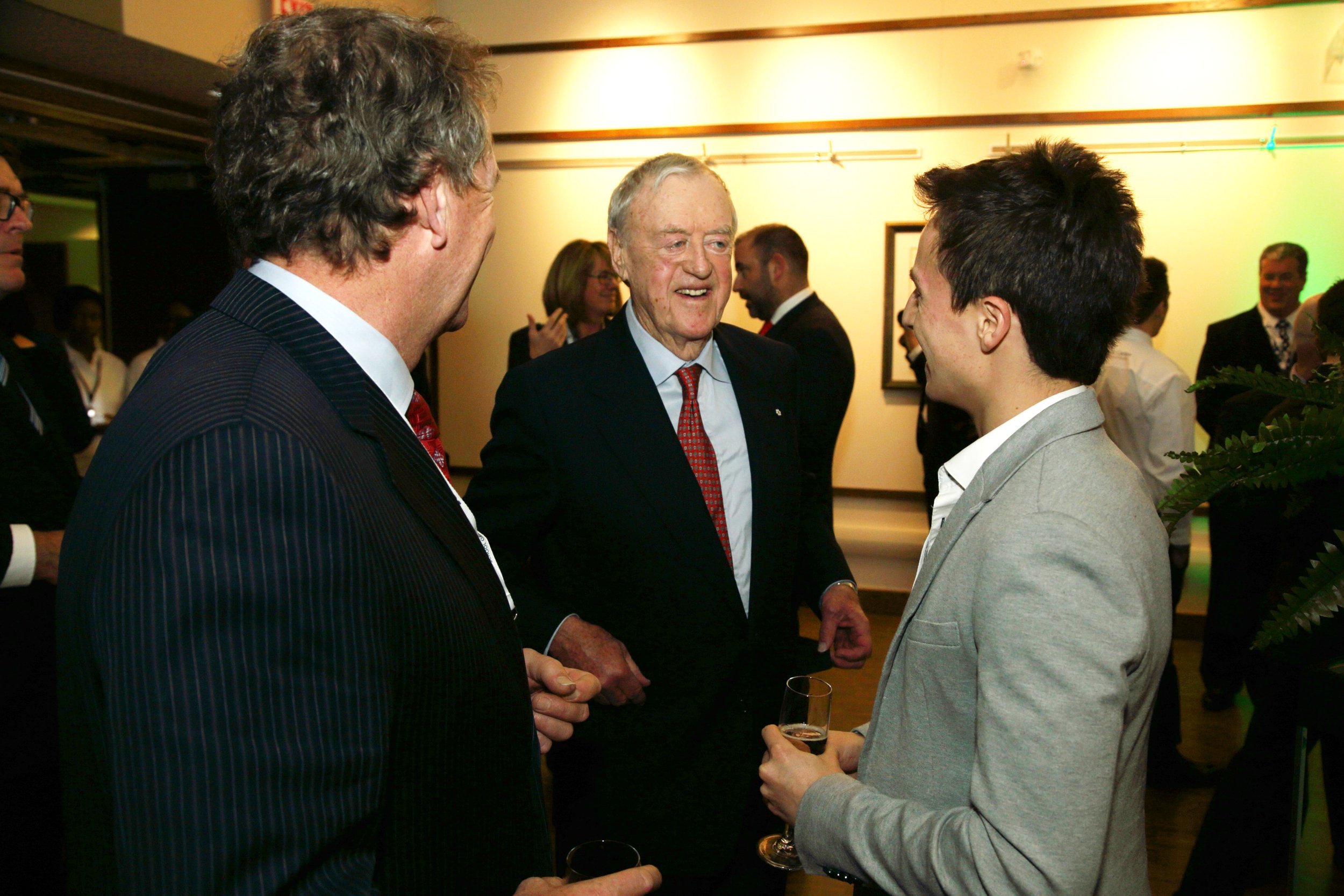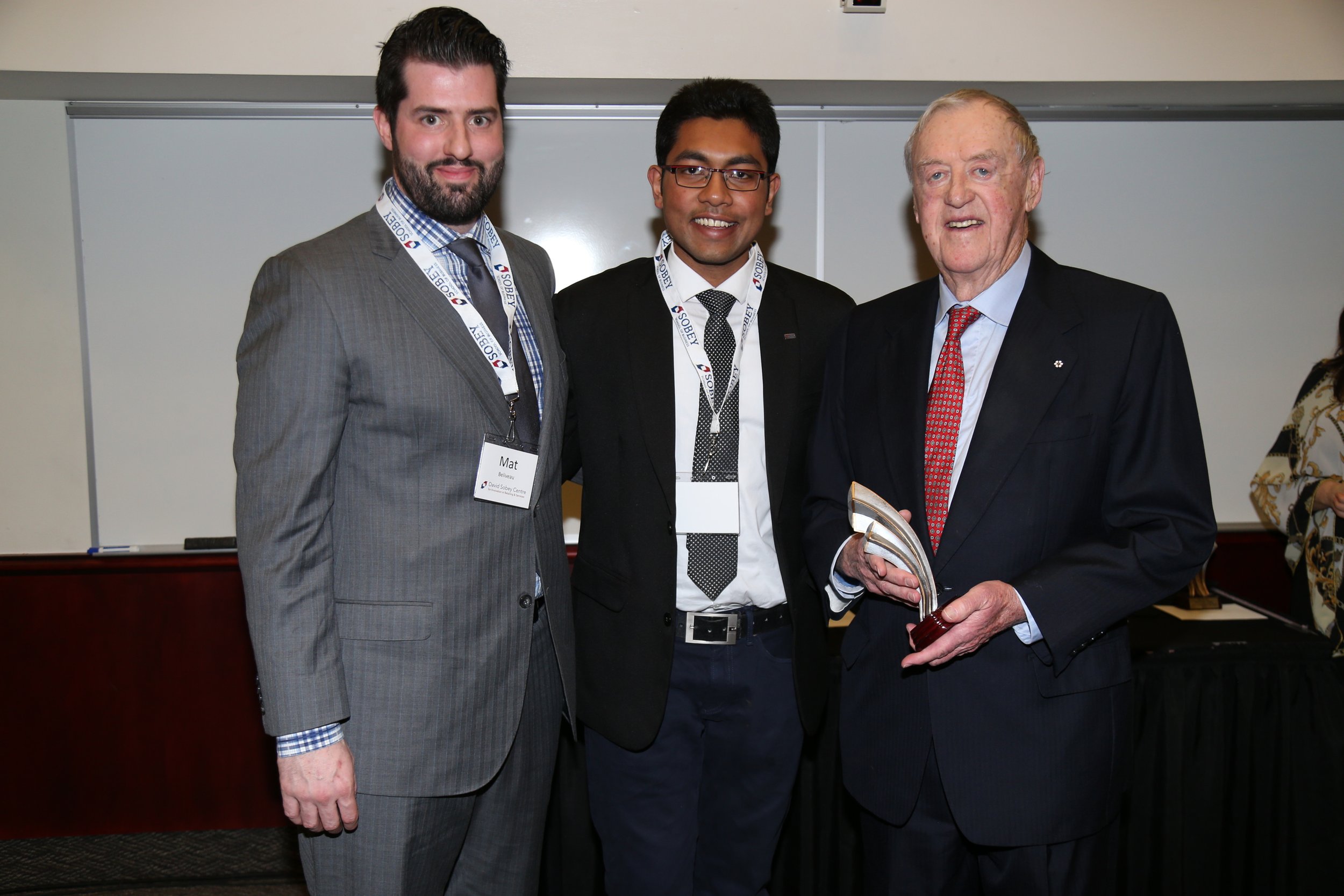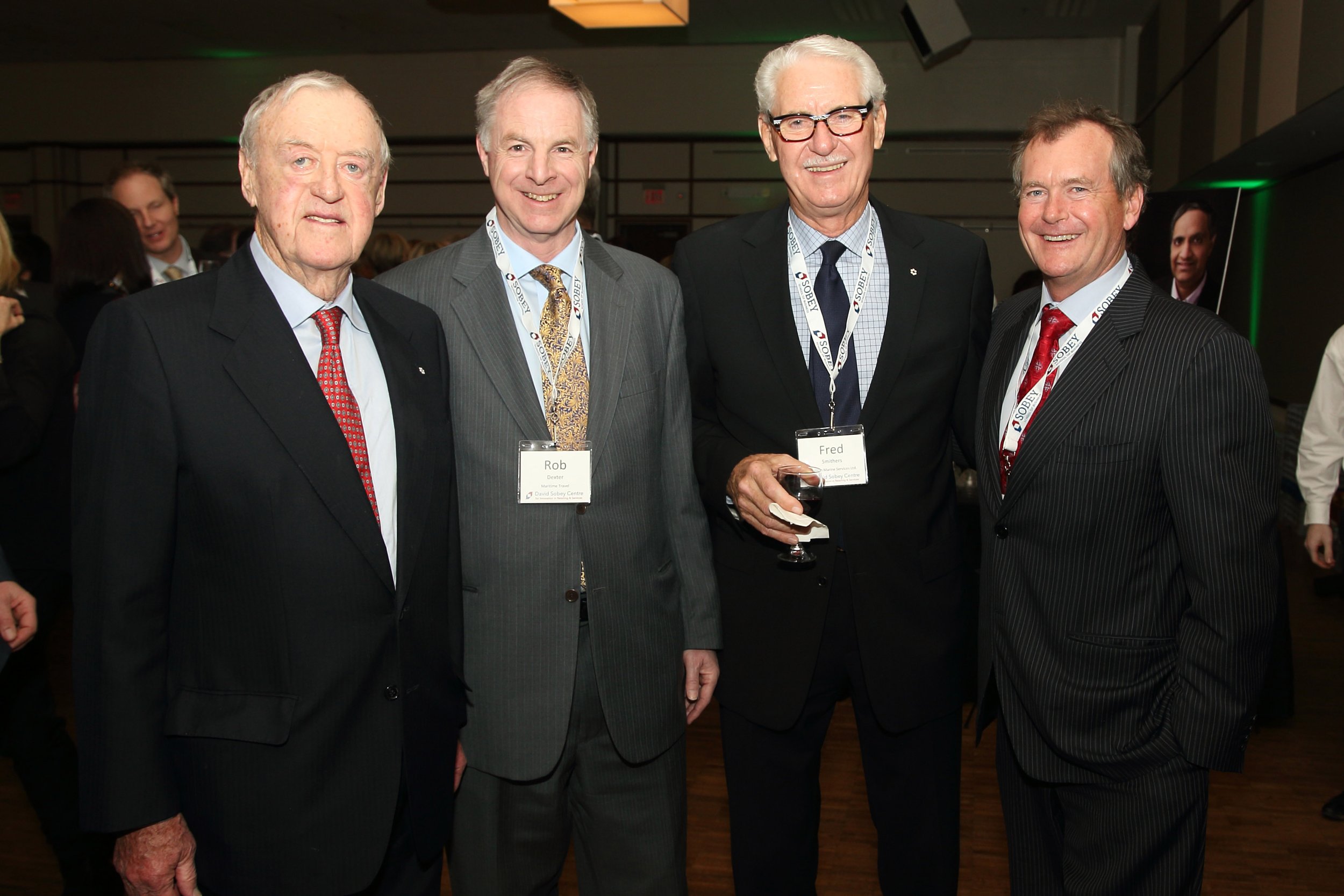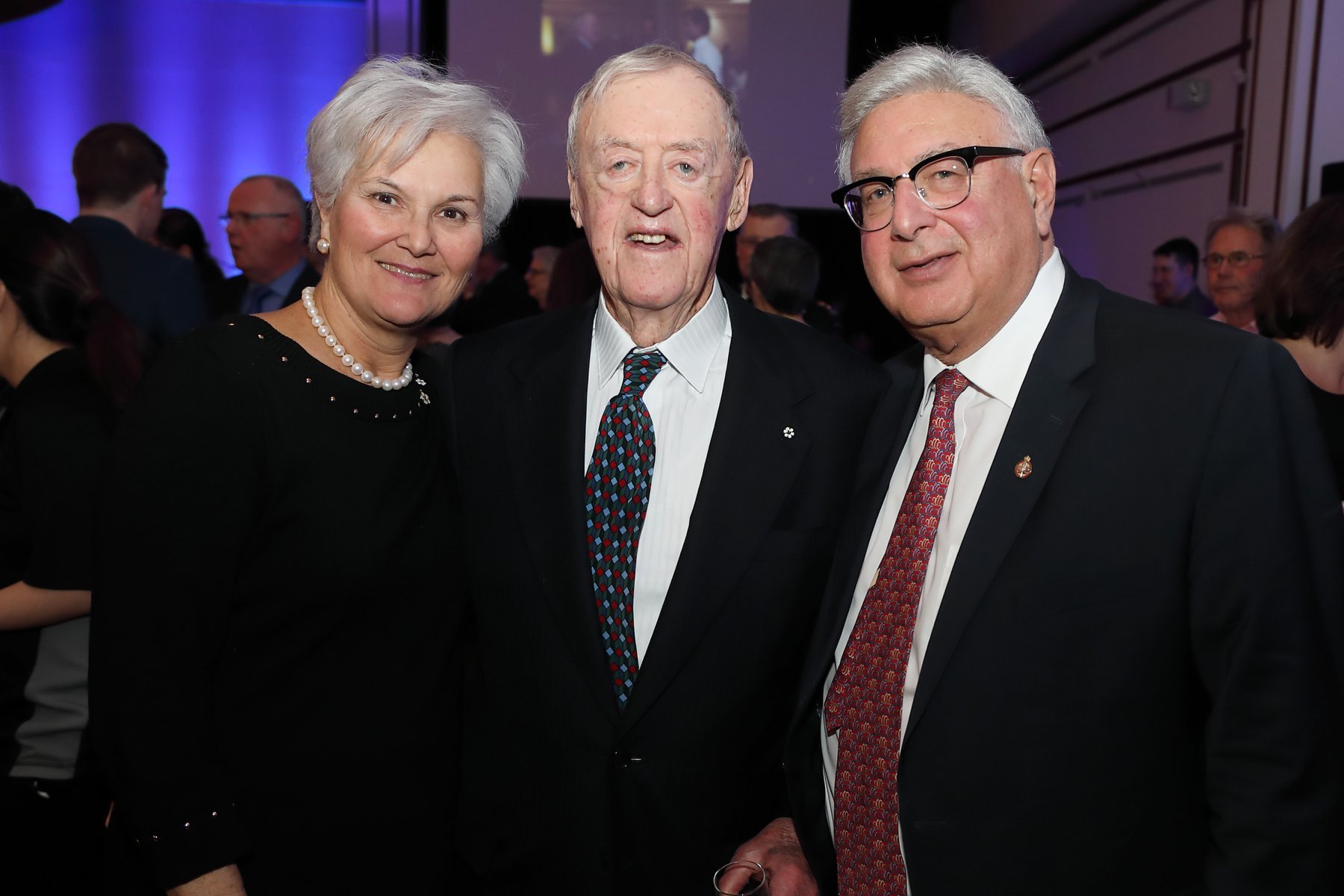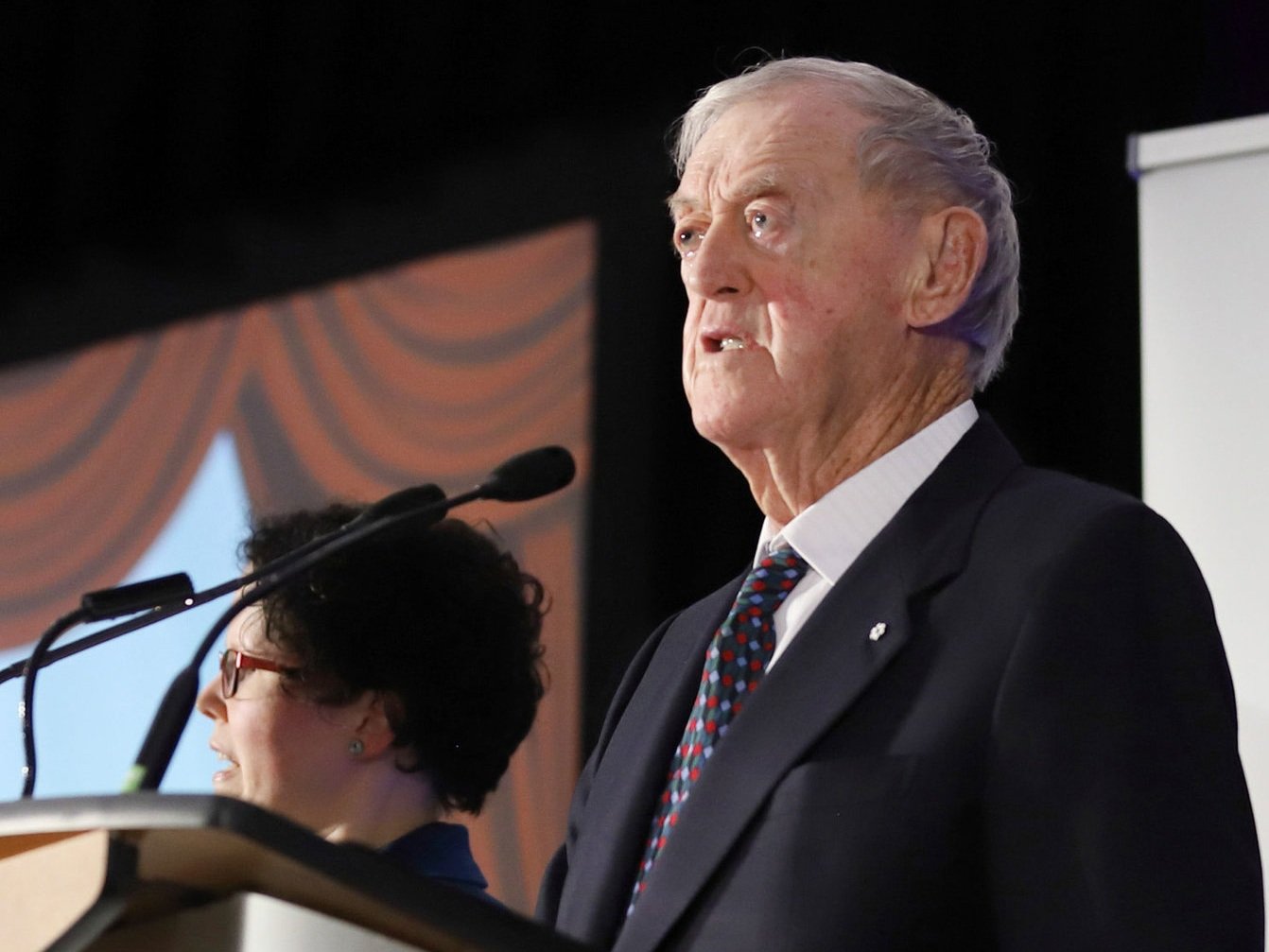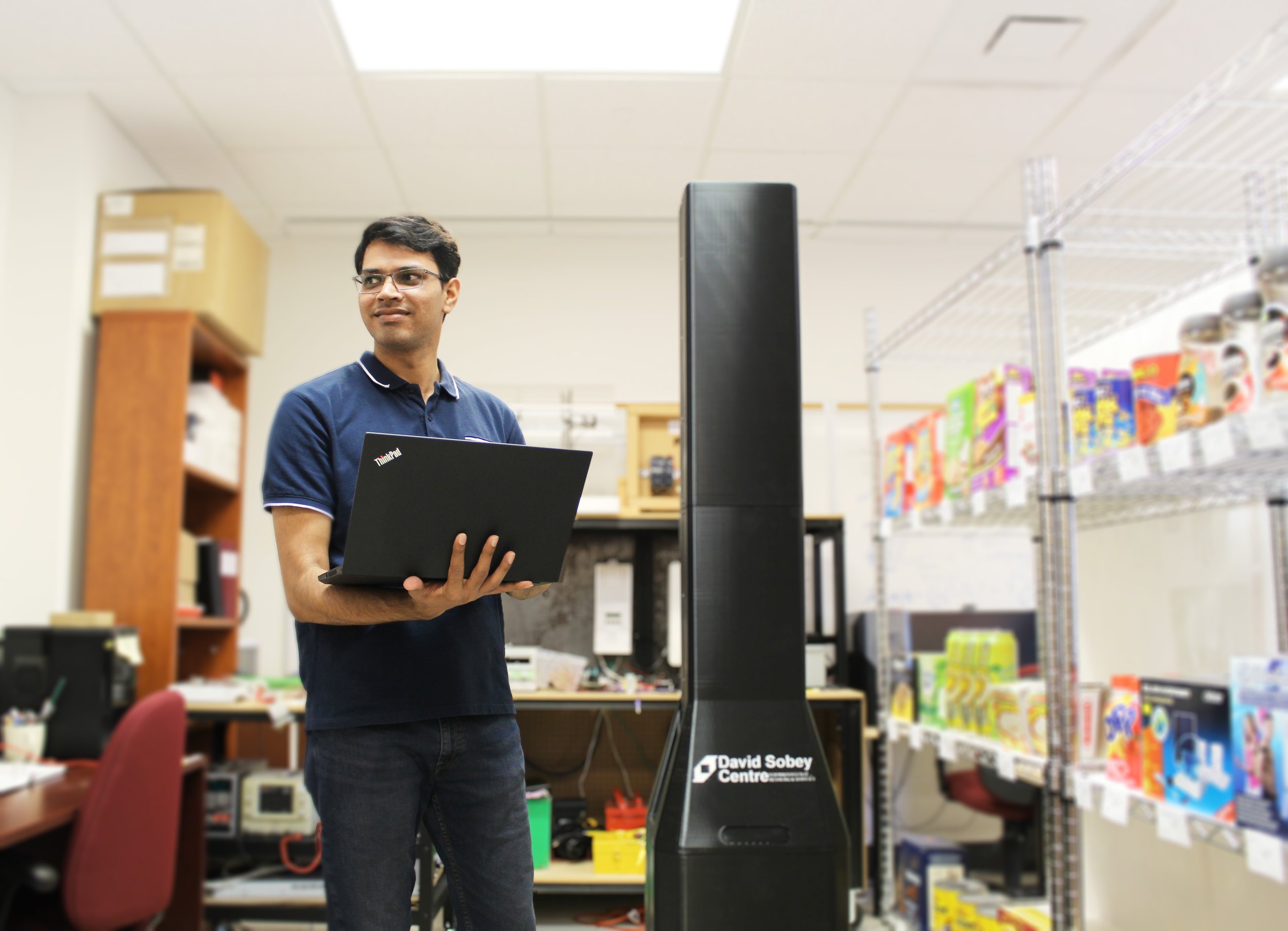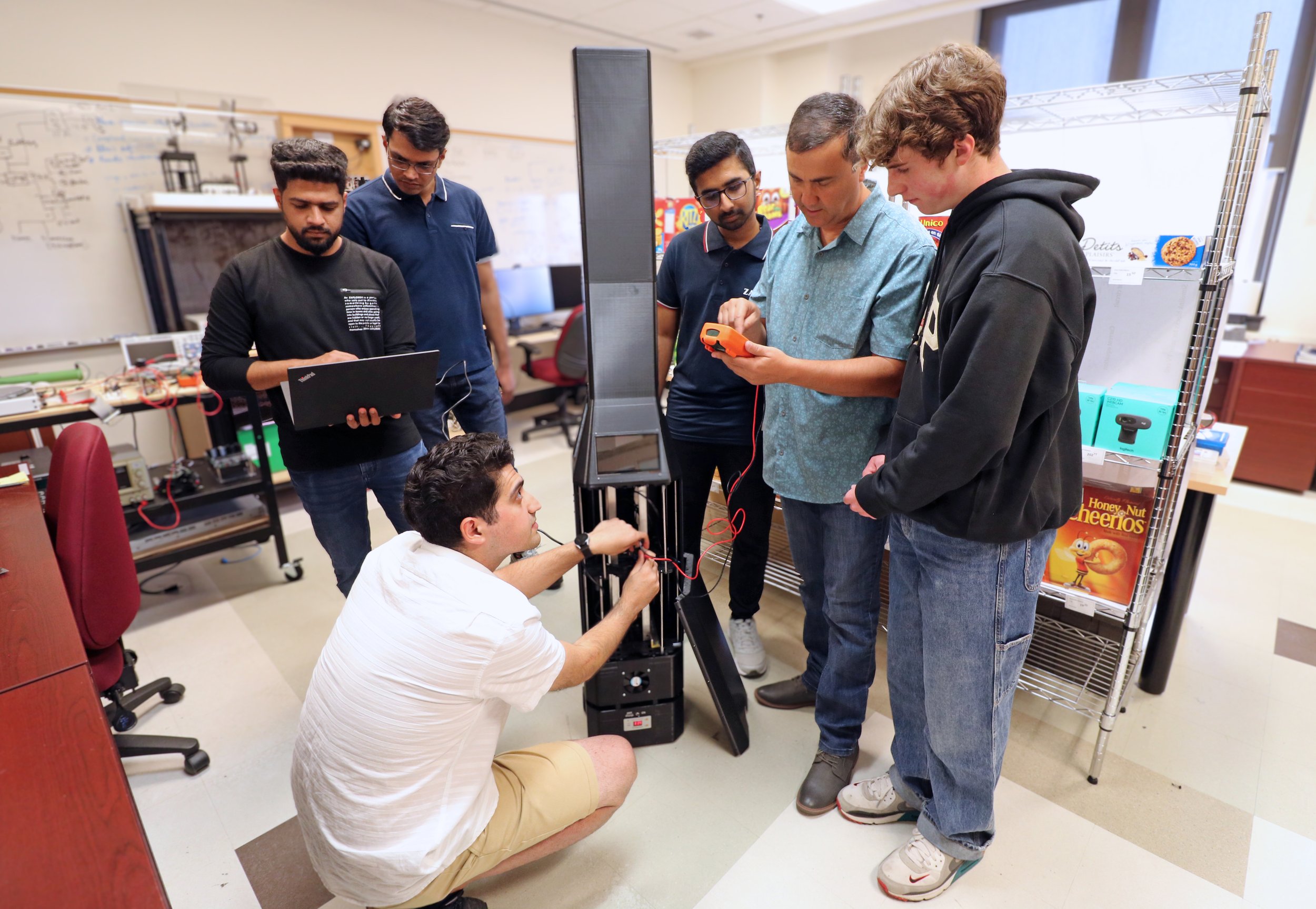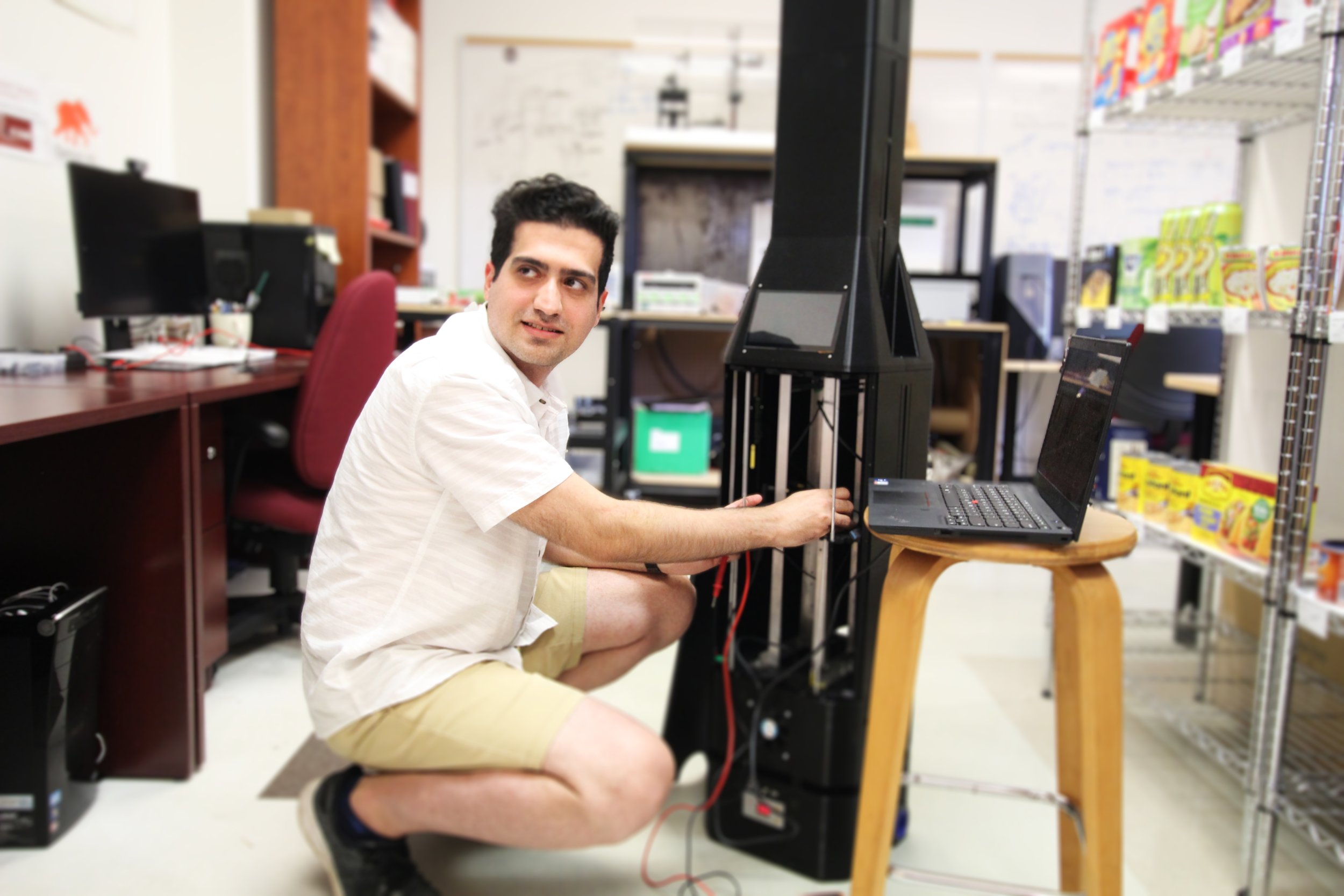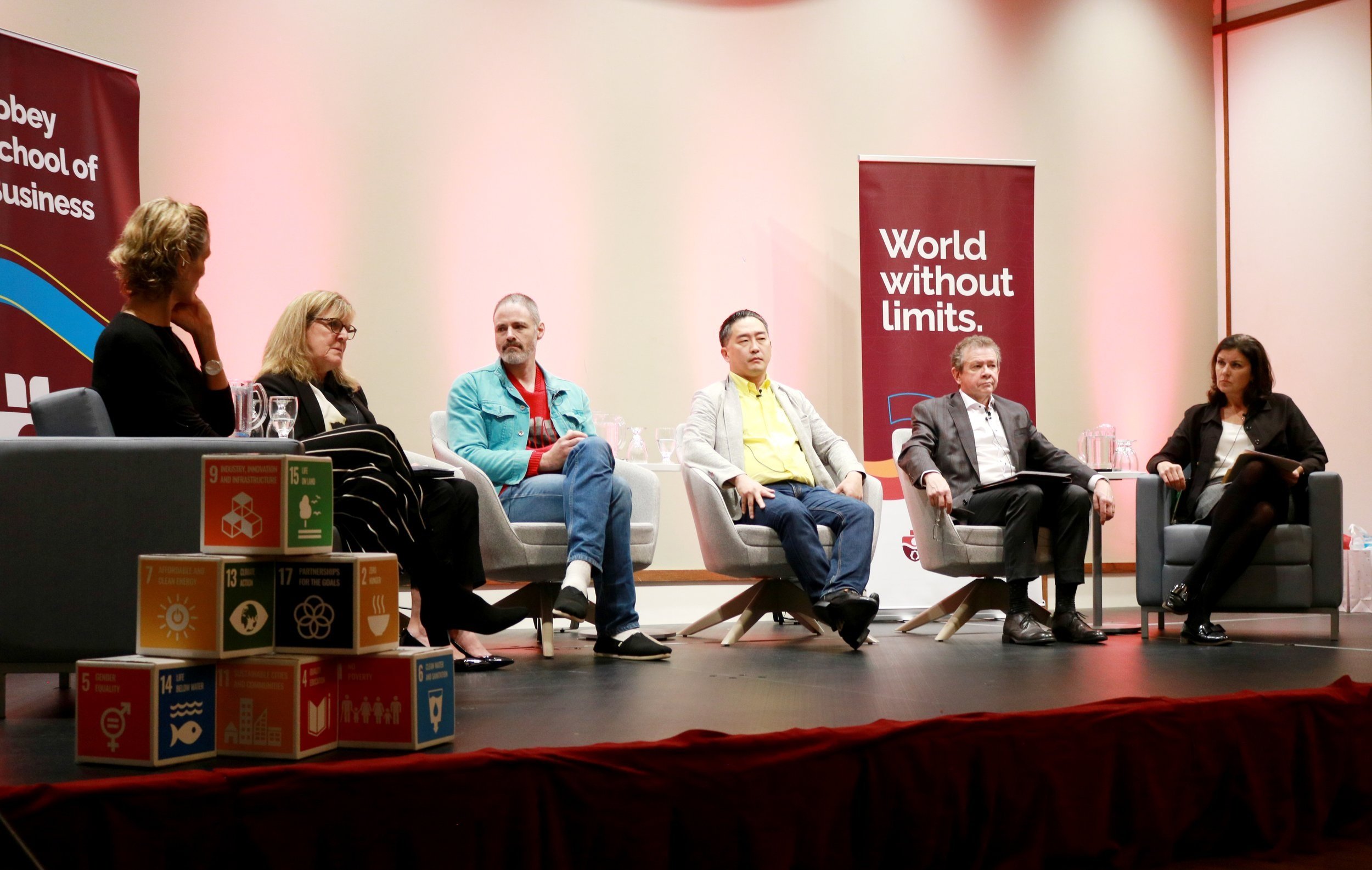
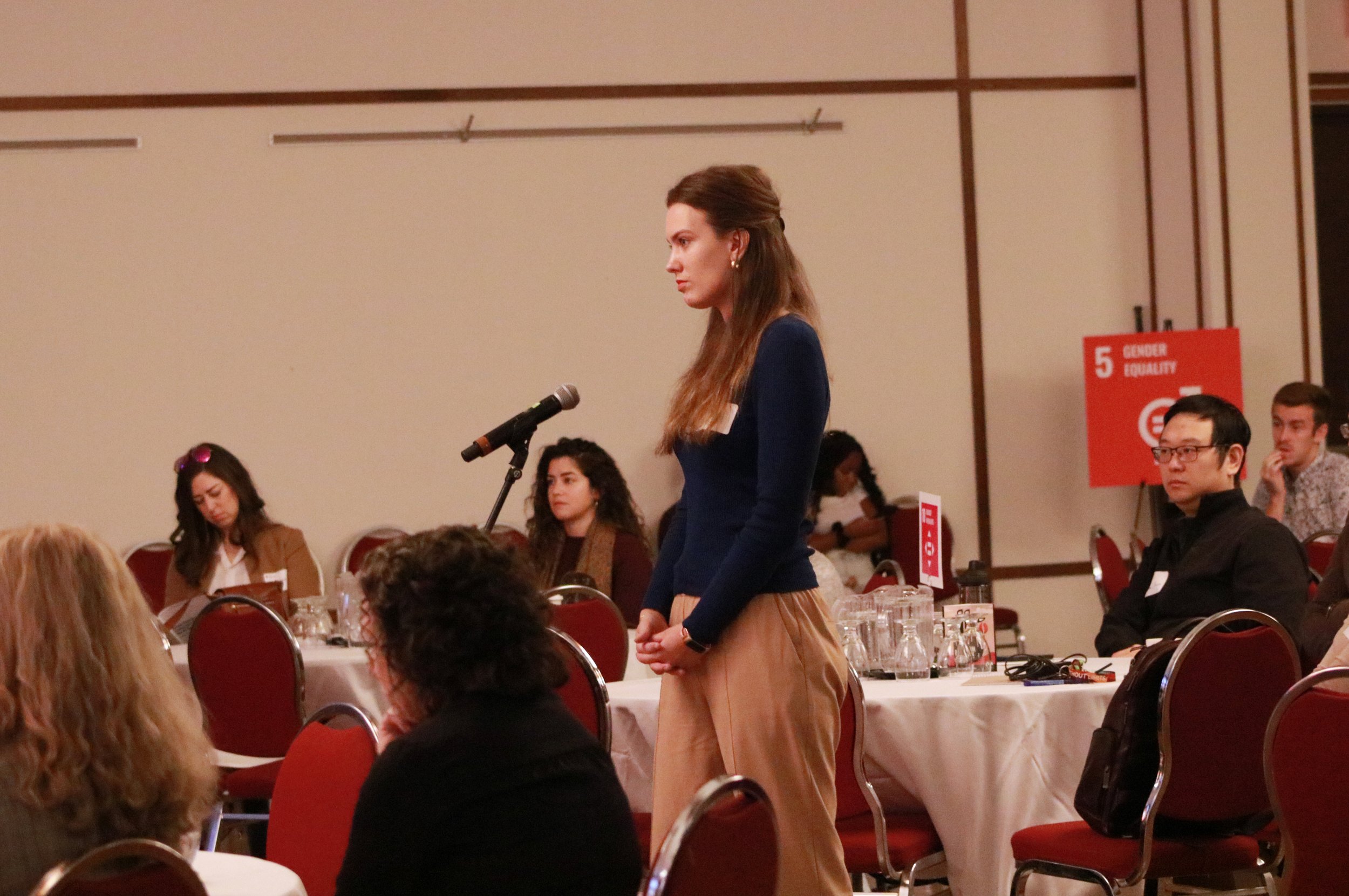
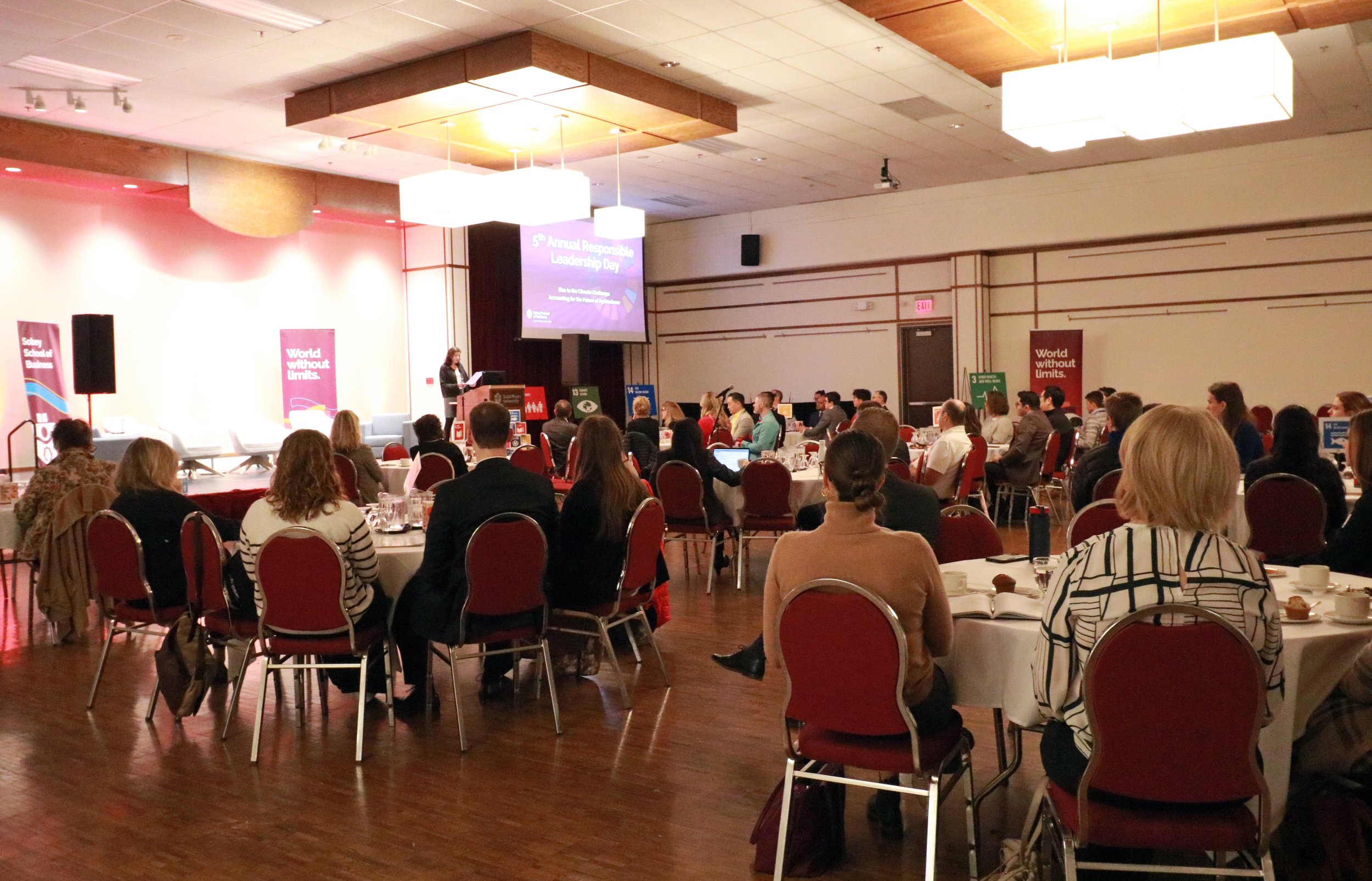
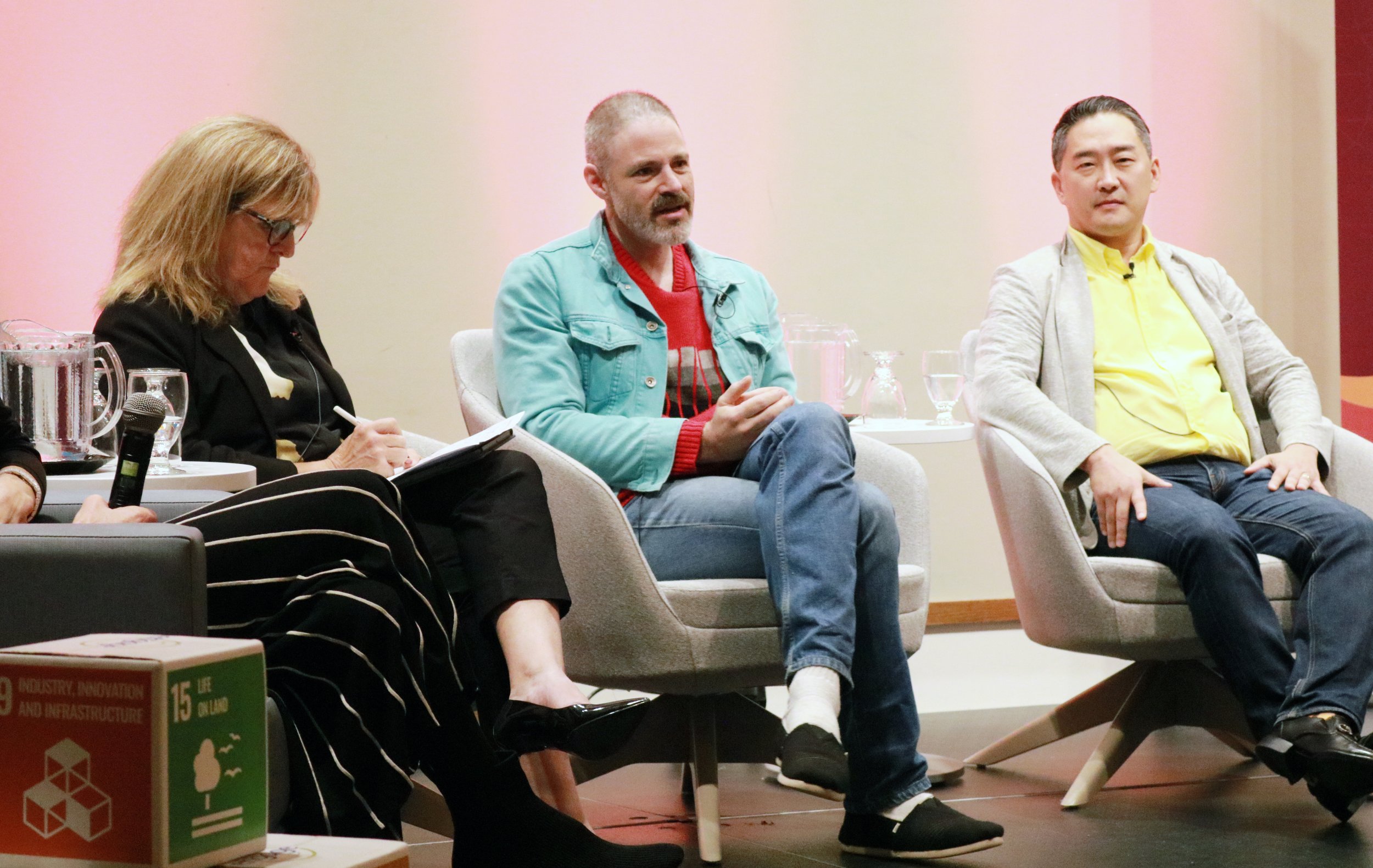
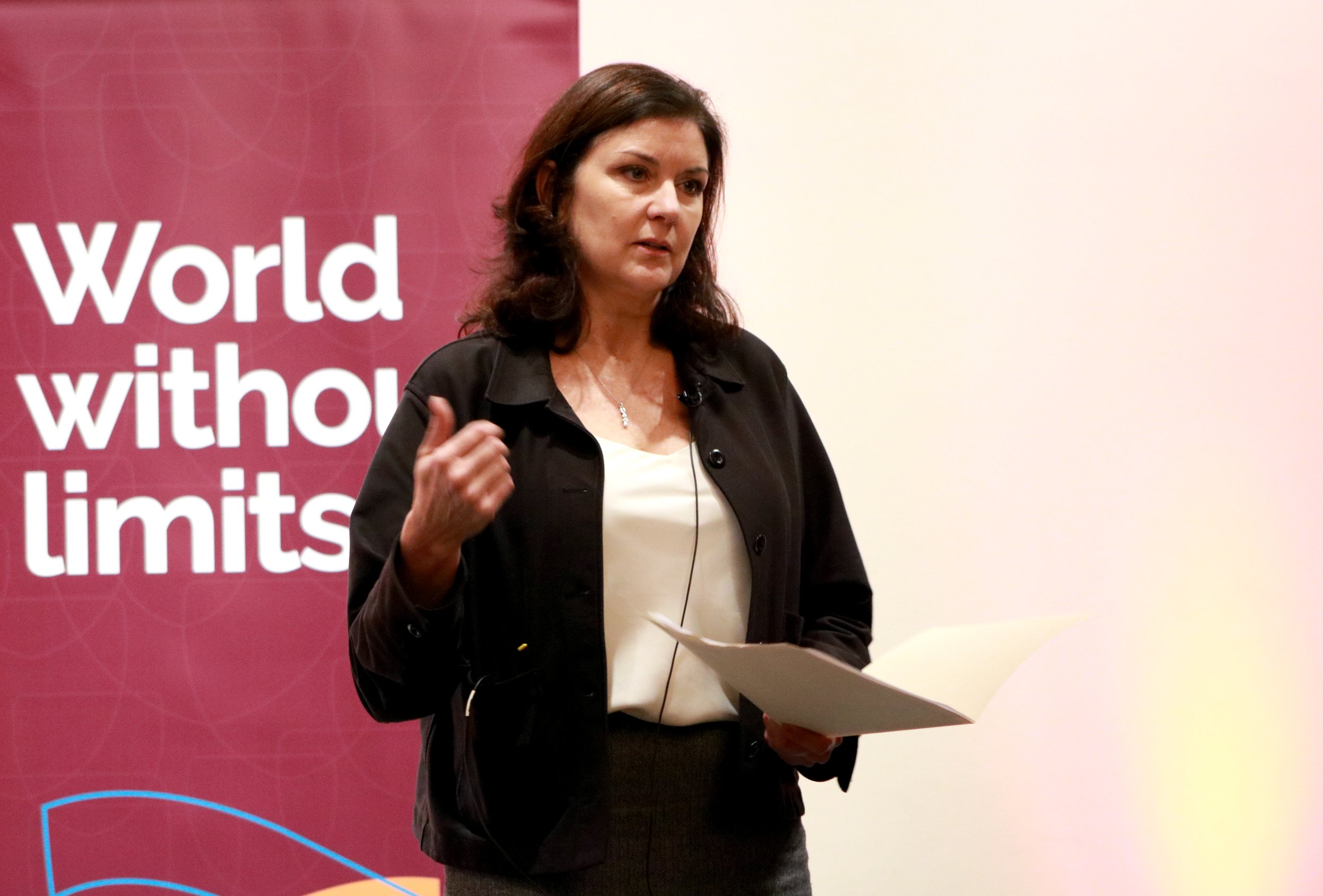
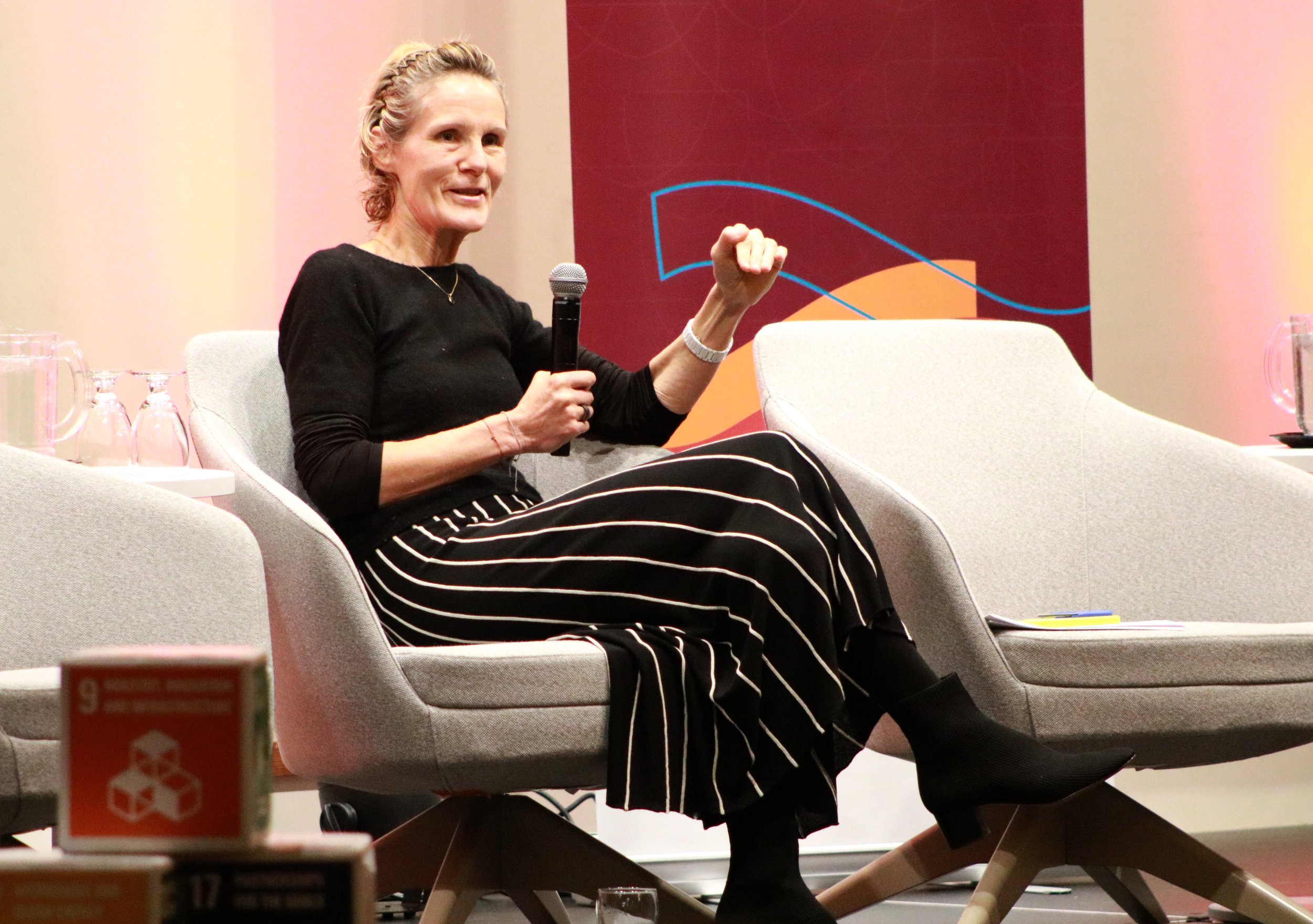
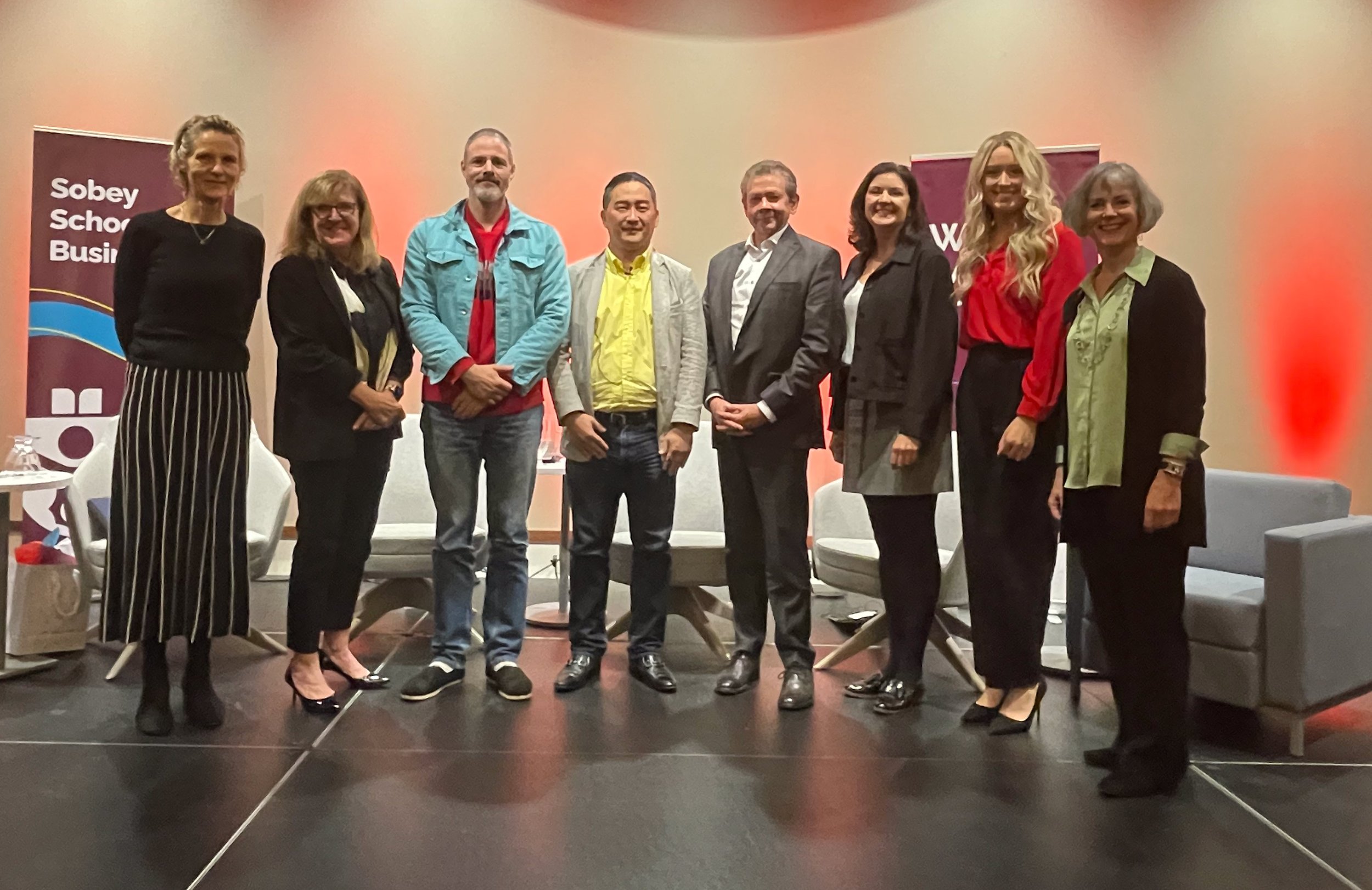
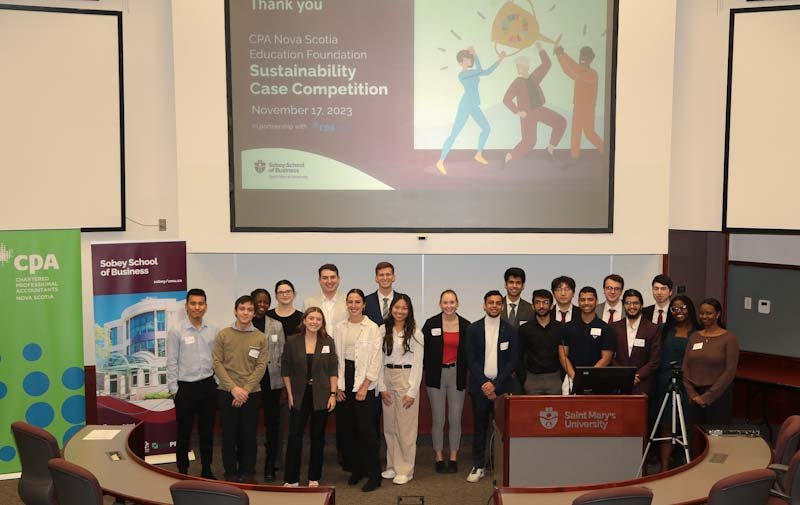
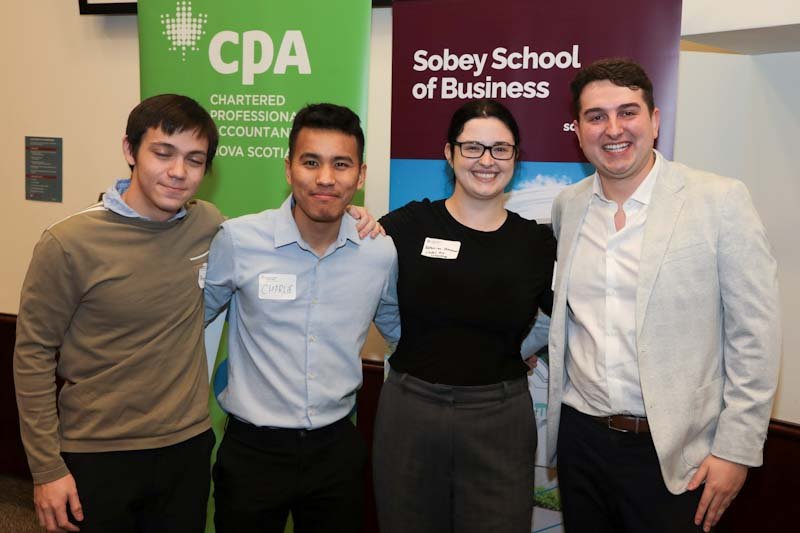
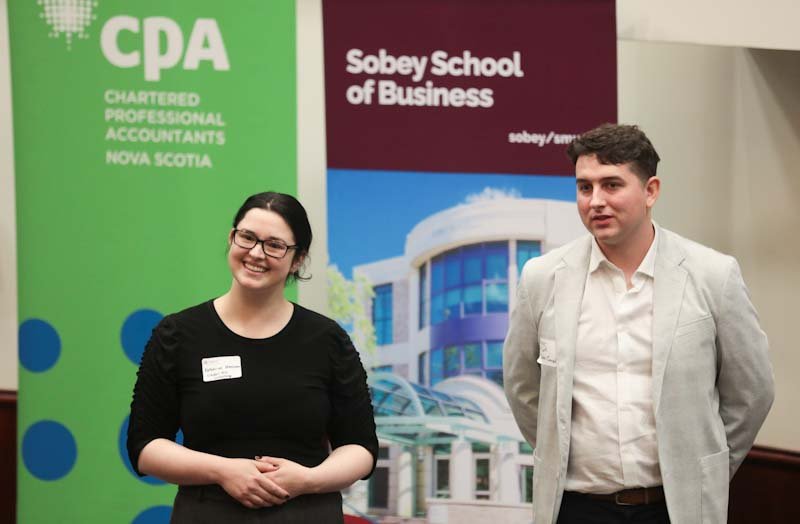
The Sobey School of Business recently held its fifth annual Responsible Leadership Day on November 17, 2023, attracting over 120 attendees, including students, faculty, alumni, researchers, industry experts, and government partners. The event centered around the theme "Accounting and Sustainable Business," sparking in-depth discussions on food security and the pursuit of a more sustainable future through the new international sustainability reporting standards.
Renowned climate and energy policy expert, Diana Fox Carney, set the tone with a stark assessment of climate challenges in agribusiness. "This year marks the hottest on record, and it's only set to get hotter," she emphasized. Highlighting the vast implications, she stressed, "Extreme heat affects farm workers, floods and storms disrupt supply chains—there's much cause for concern."
Fox Carney pivoted the conversation to address agriculture's significant impact on the climate. "Despite incredible yield increases, agriculture's sustainability is wavering," she cautioned. "Currently, agriculture monopolizes over 70% of the world's water, a concerning statistic."
Following the keynote, an expert panel -- moderated by Nancy Foran from ESG Partners and Sobey School Advisory Board Chair -- explored actionable solutions for climate concerns in agriculture. Panelists, including Charles Cho from York University’s Schulich Business School, Jean-Benoit Deslauriers from Benjamin Bridge winery, John MacQuarrie from Cavendish Farms, and Stephenie Fox from CPA Canada, emphasized the direct effects of climate change on Canadian business. The discussion also touched upon redefining sustainability in business, stimulating an engaging dialogue with the audience.
As the conference concluded, the discussions revealed a collective call for innovation in transforming agriculture. There was an emphasis on the need for companies in the agribusiness sector to devise transition plans to get to Net Zero, support product carbon footprint labeling, and avoid overreliance on regenerative agriculture without a comprehensive understanding of its harms and benefits. As Fox Carney suggests, “If we are going to overcome the challenges inherent in transforming agriculture – producing more nutritious food with far fewer emissions, at a reasonable cost while also protecting water supplies, nature, nutritional content, etc. – we can’t rely on existing technologies and practices alone; we are definitely going to need innovation.” The collective sentiment highlighted the urgency and importance of collaborative efforts toward sustainable practices in the agribusiness industry.
The 2023 Responsible Leadership Day continued with the Sustainability Case Competition, presented in partnership with the CPA Nova Scotia Education Foundation, with $2,500 in prizes. A team of SMU BComm students: Katherine Hanscom, Mark Mitton, Pasang Sherpa, and Douglas Vincent placed first out of the eight teams.
About Responsible Leadership Day
Responsible Leadership Day is a flagship event for the Sobey School of Business. It brings together students and researchers with industry and government partners. It highlights the school’s commitment as signatories of PRME, a UN initiative that promotes Principles for Responsible Management Education. The Sobey School of Business is committed to upholding sustainability, as demonstrated by its research, student projects and course content.



